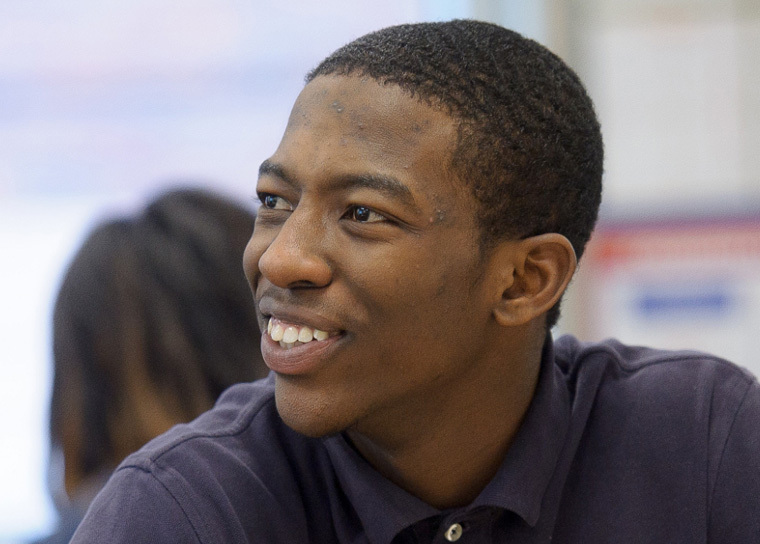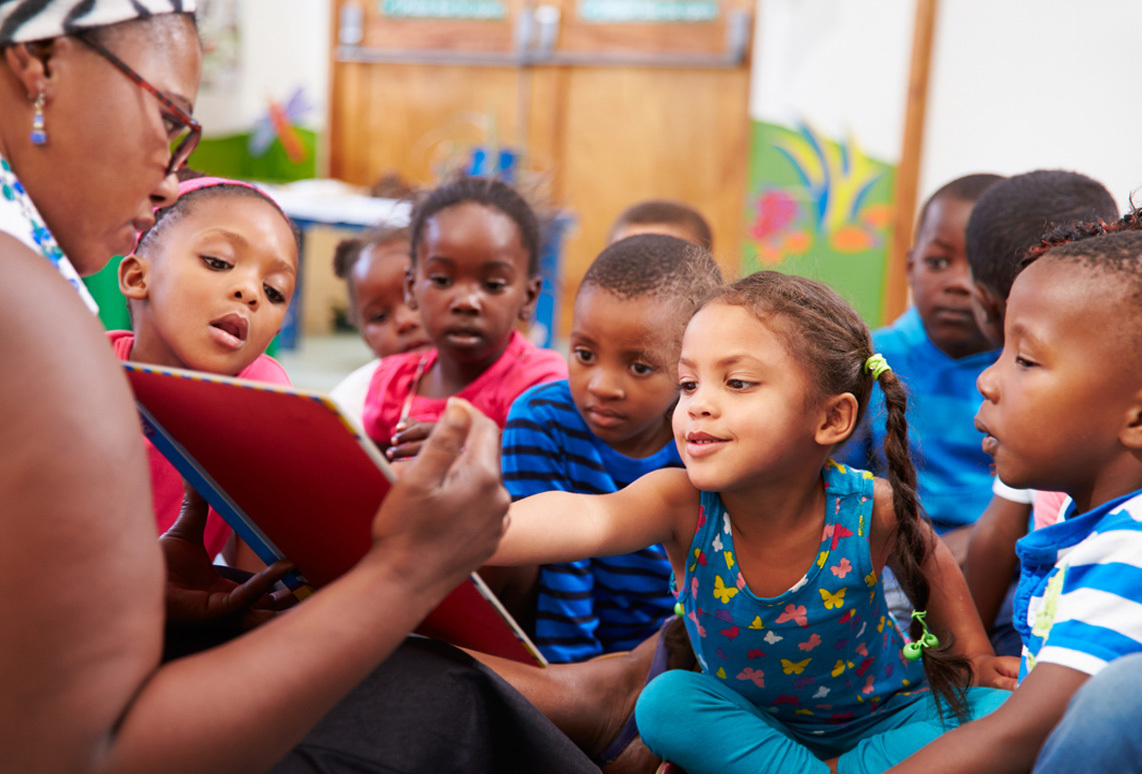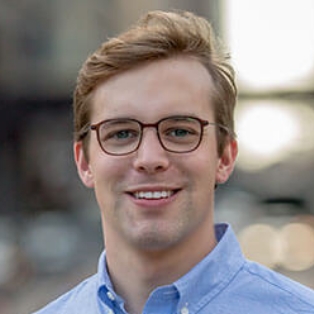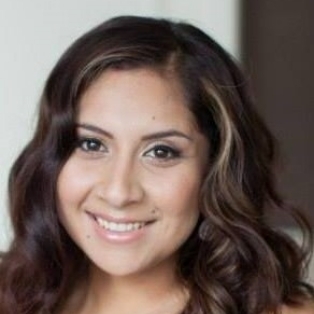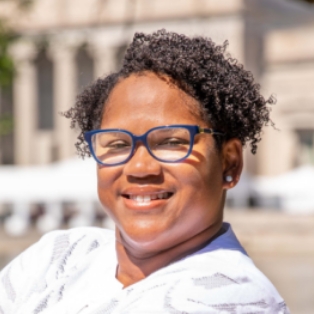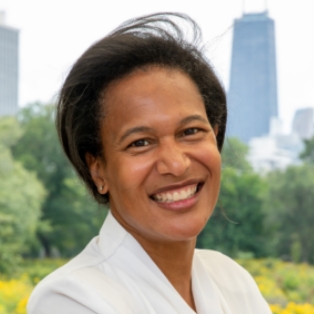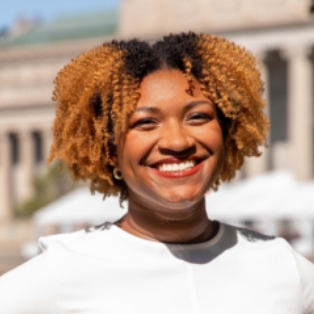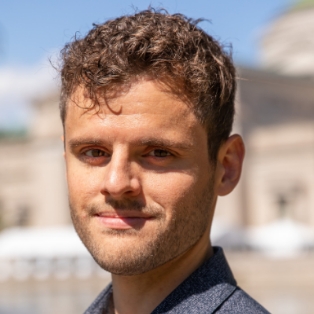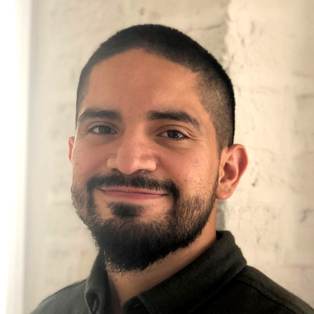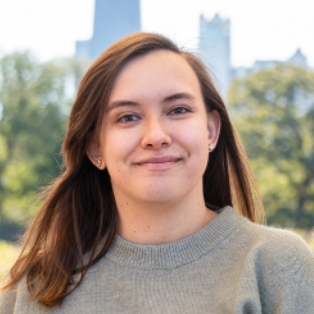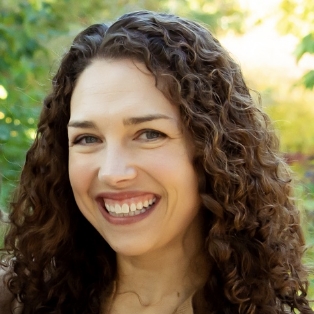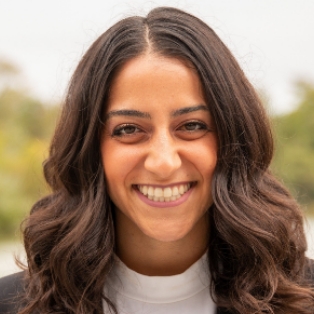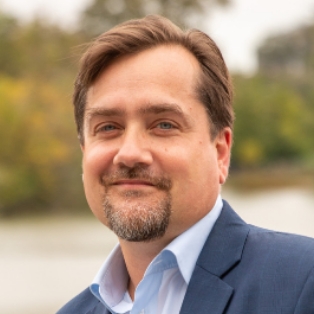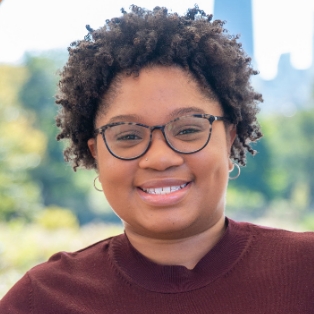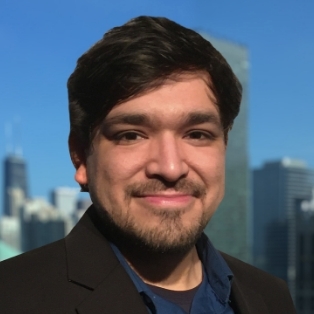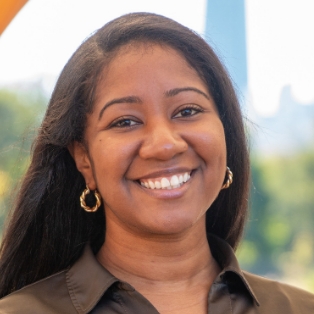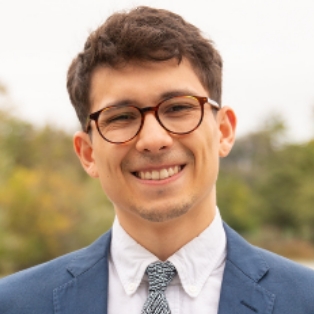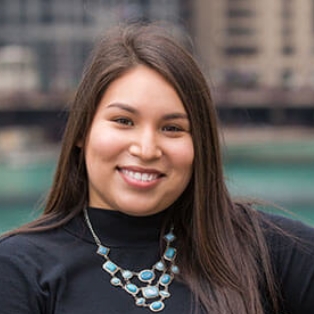





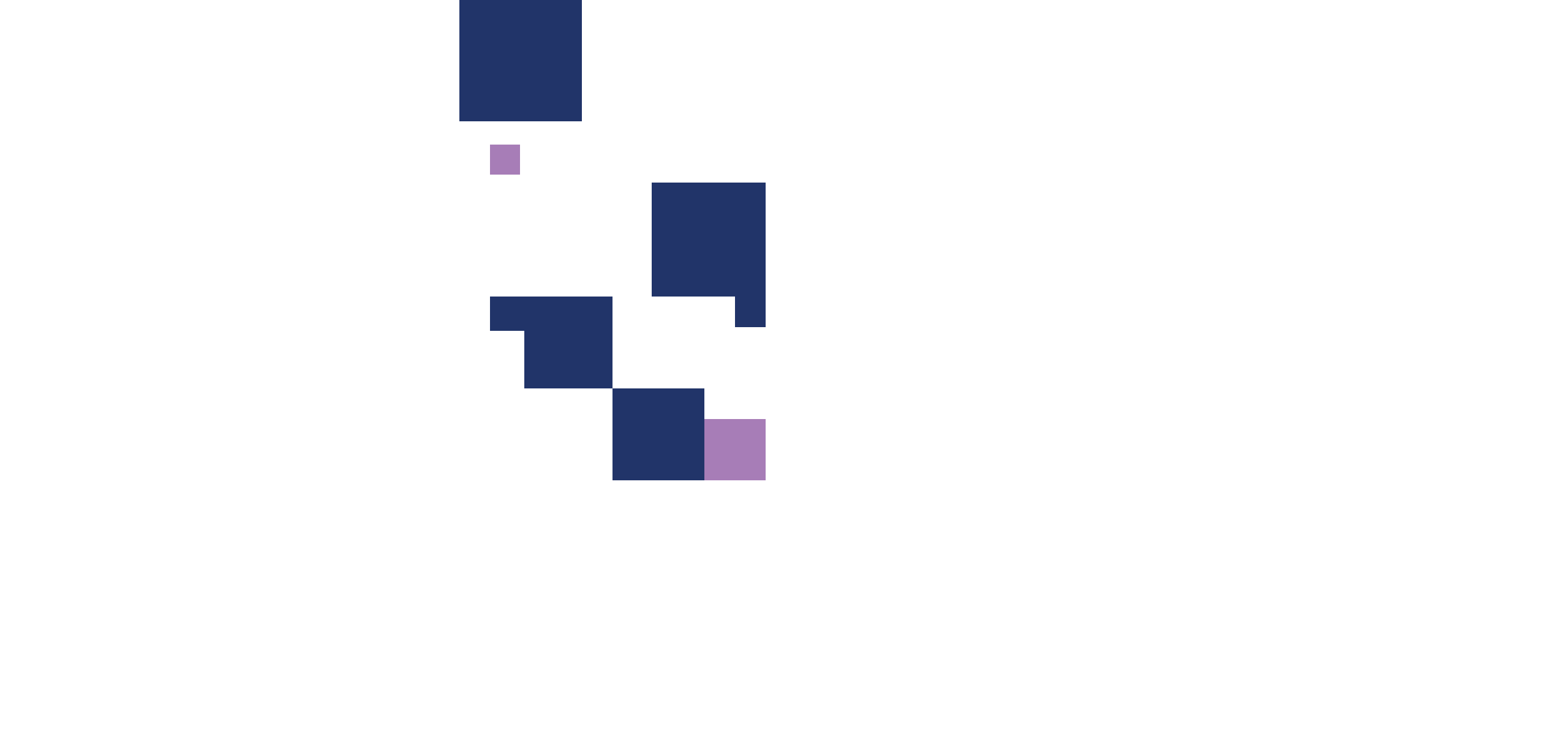
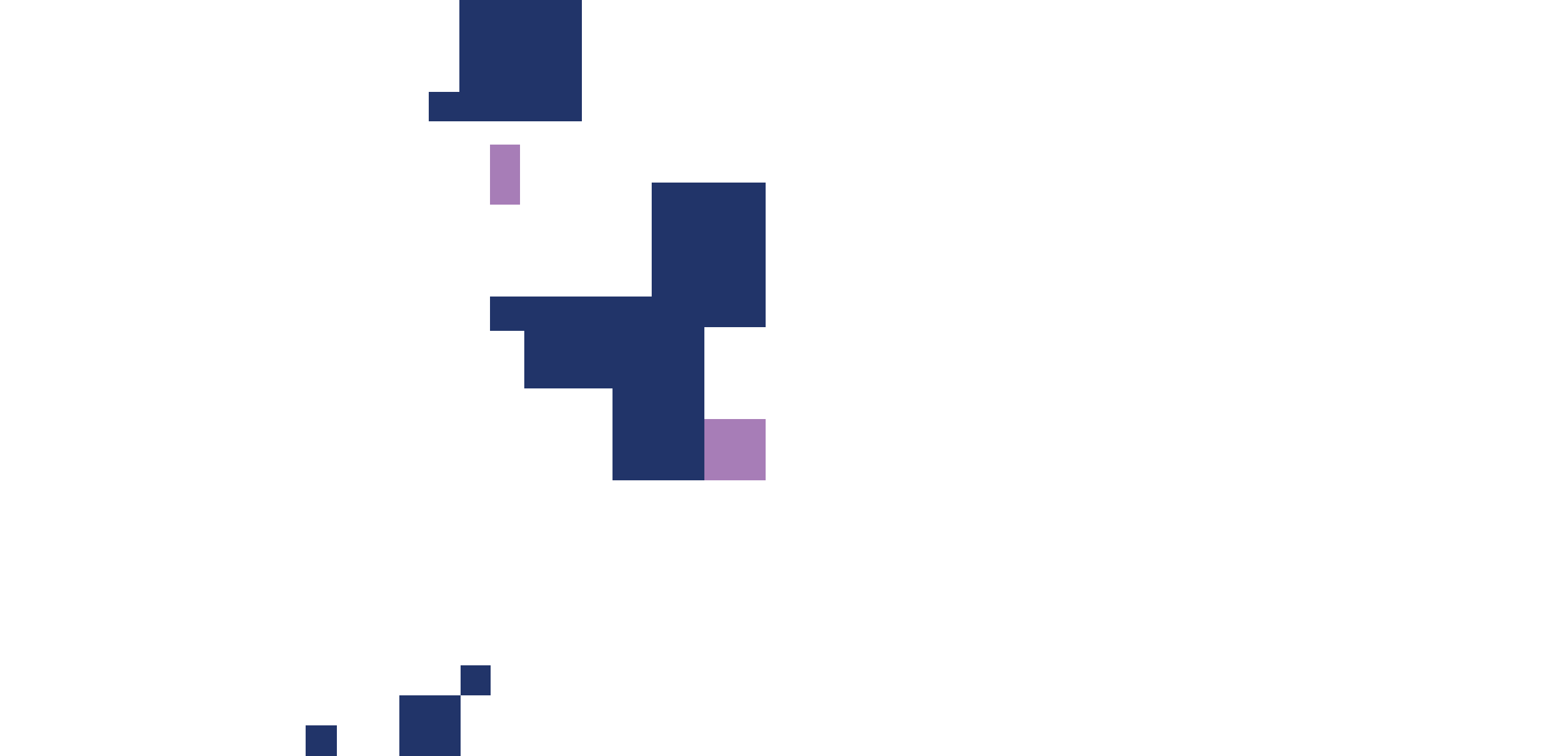



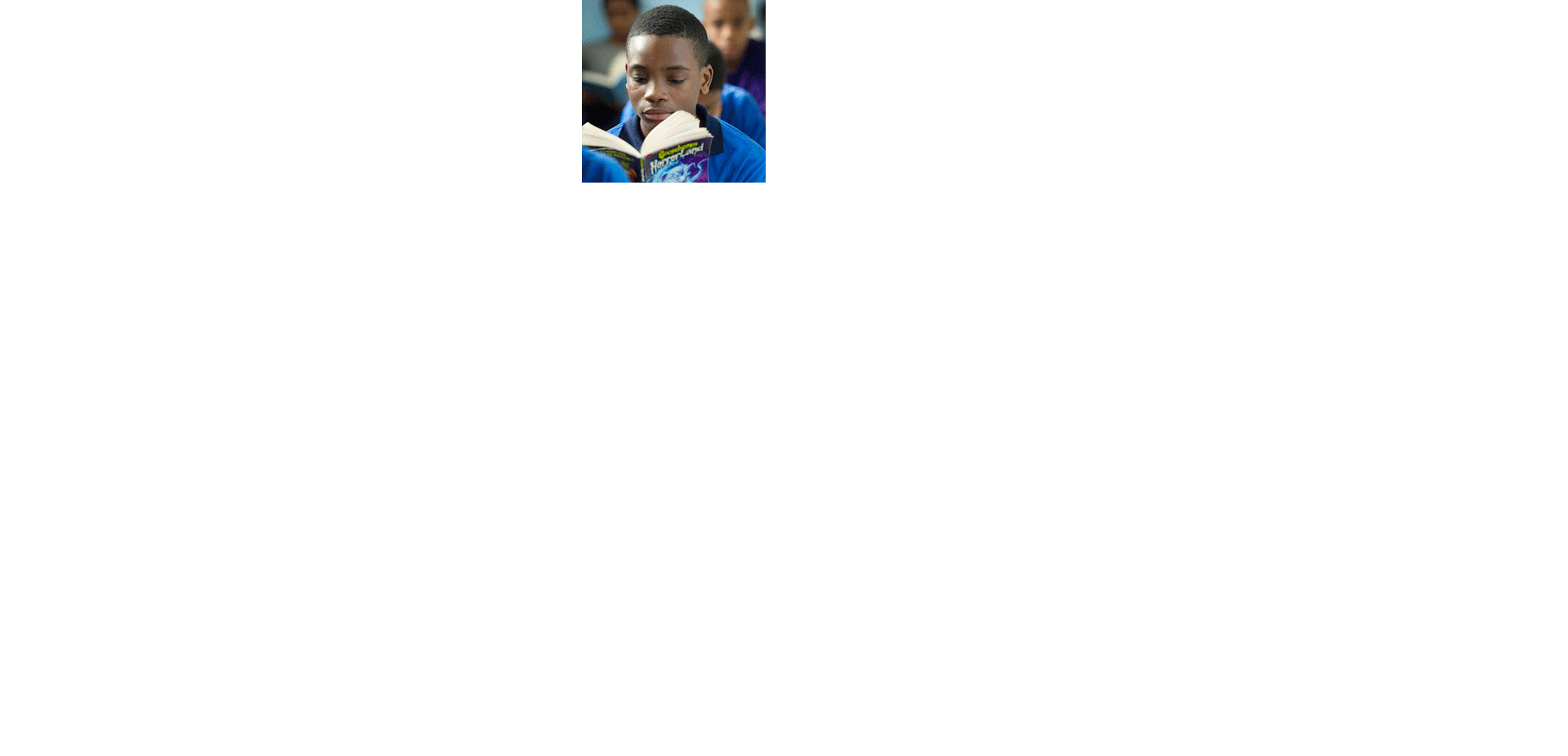
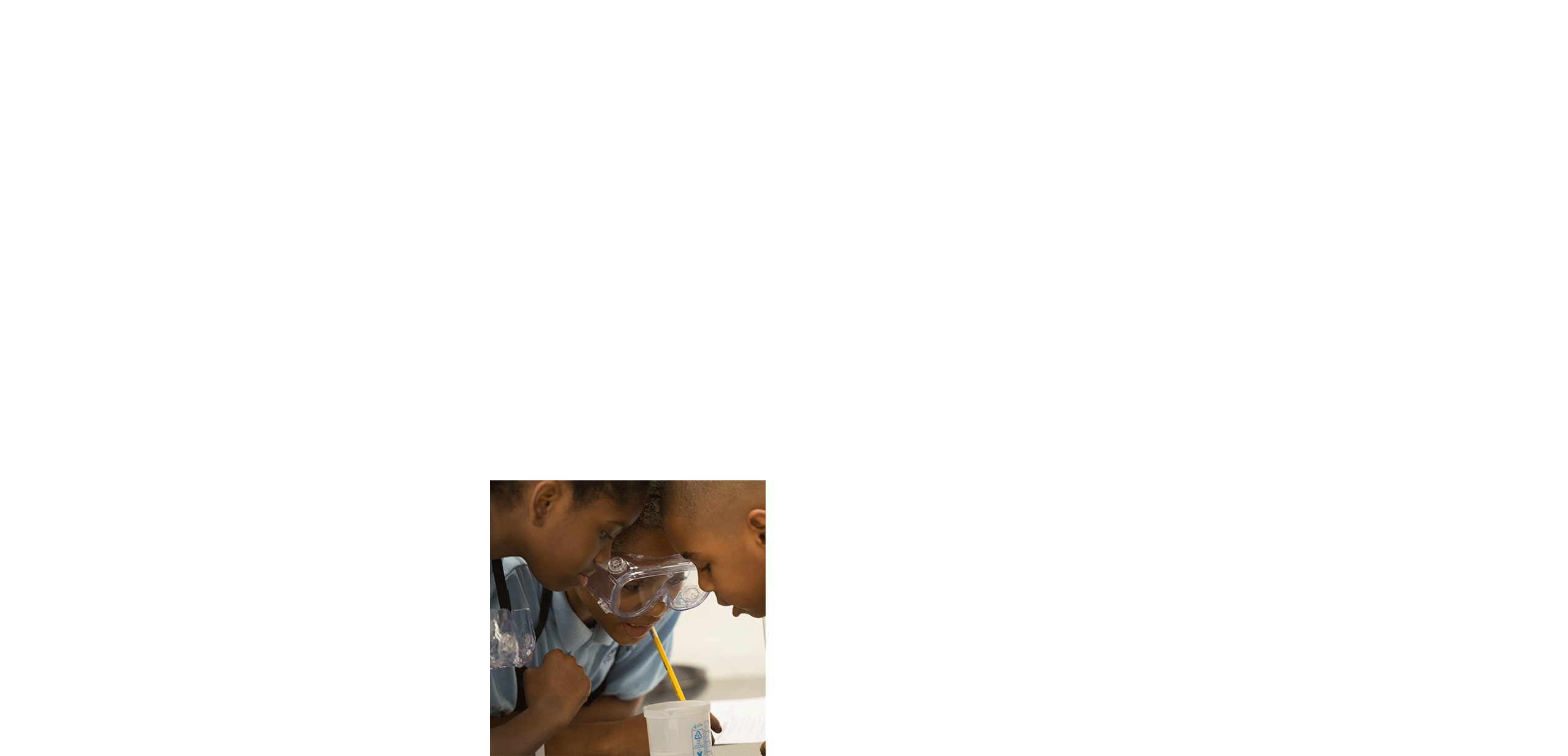
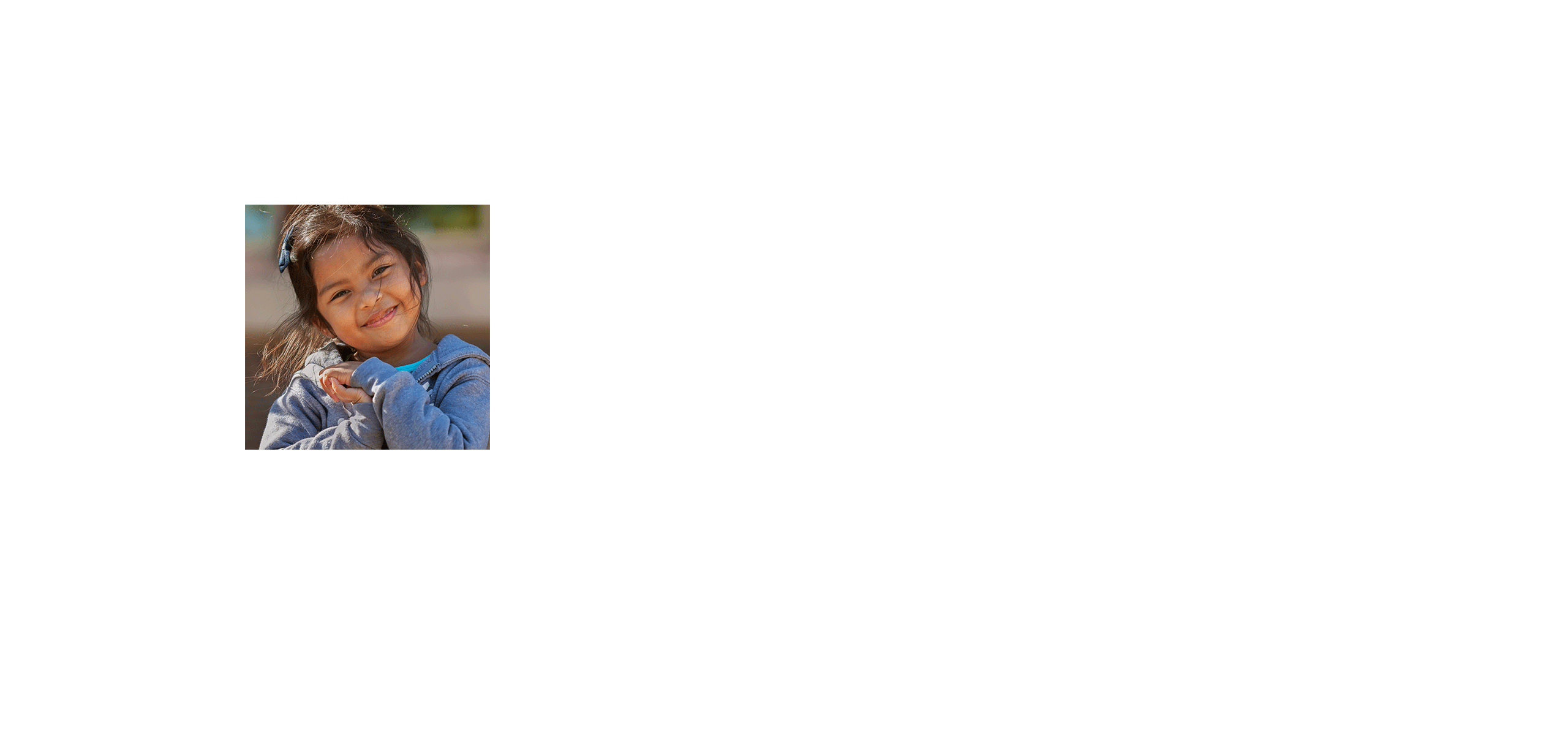

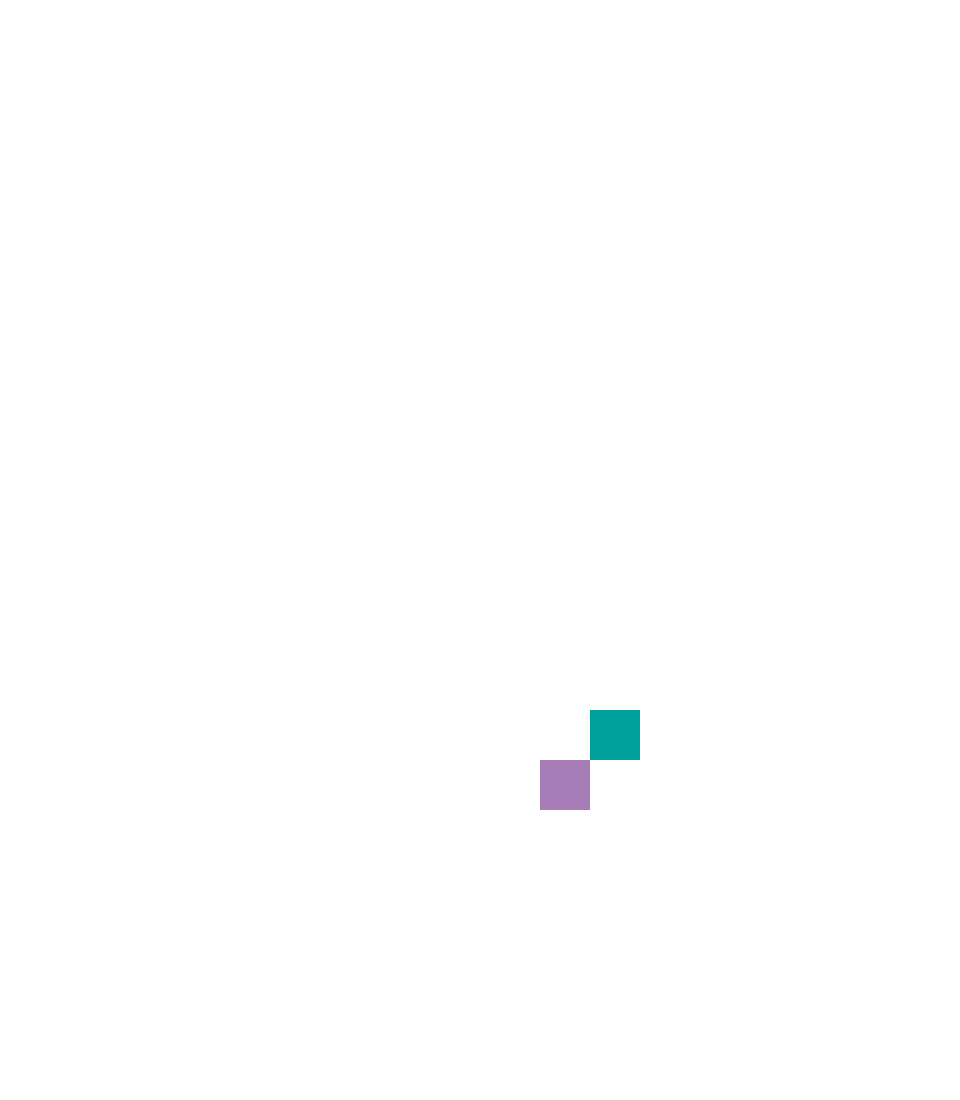

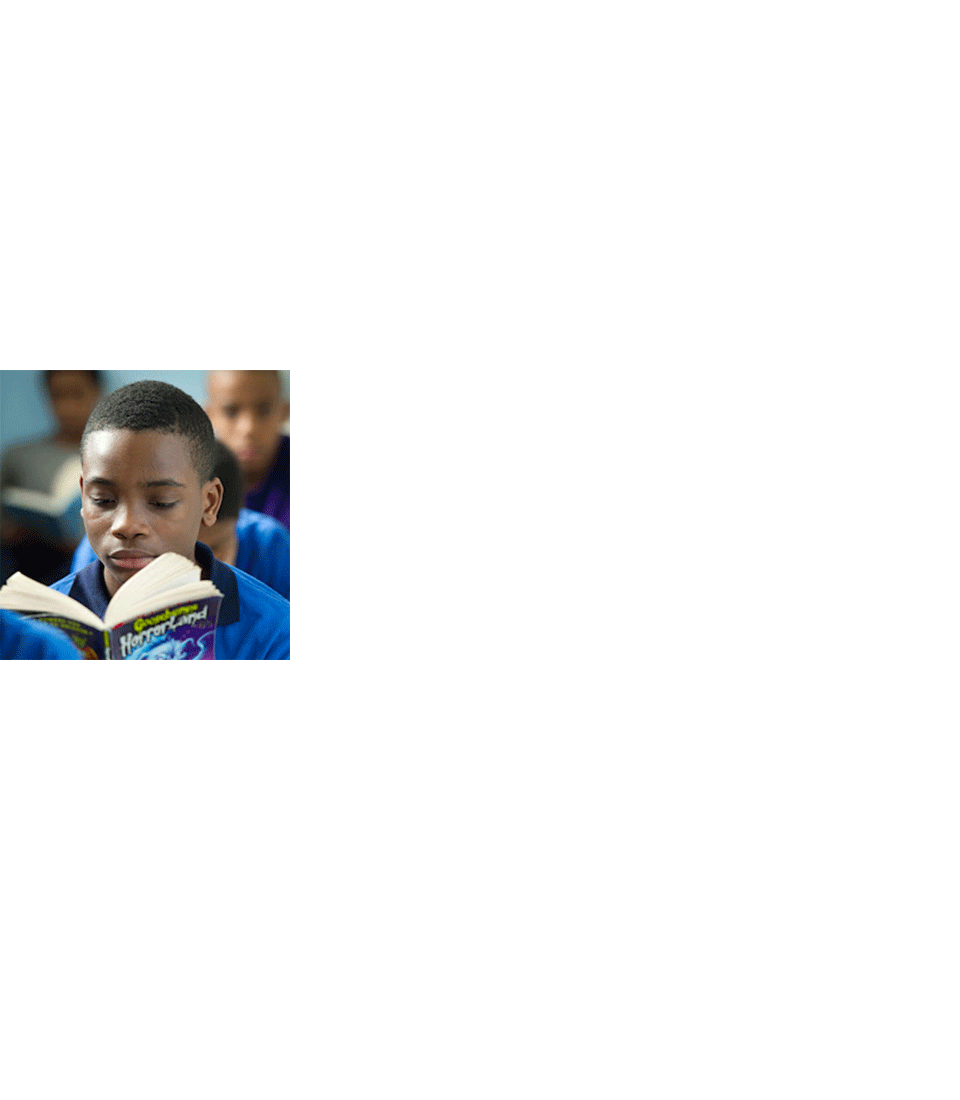
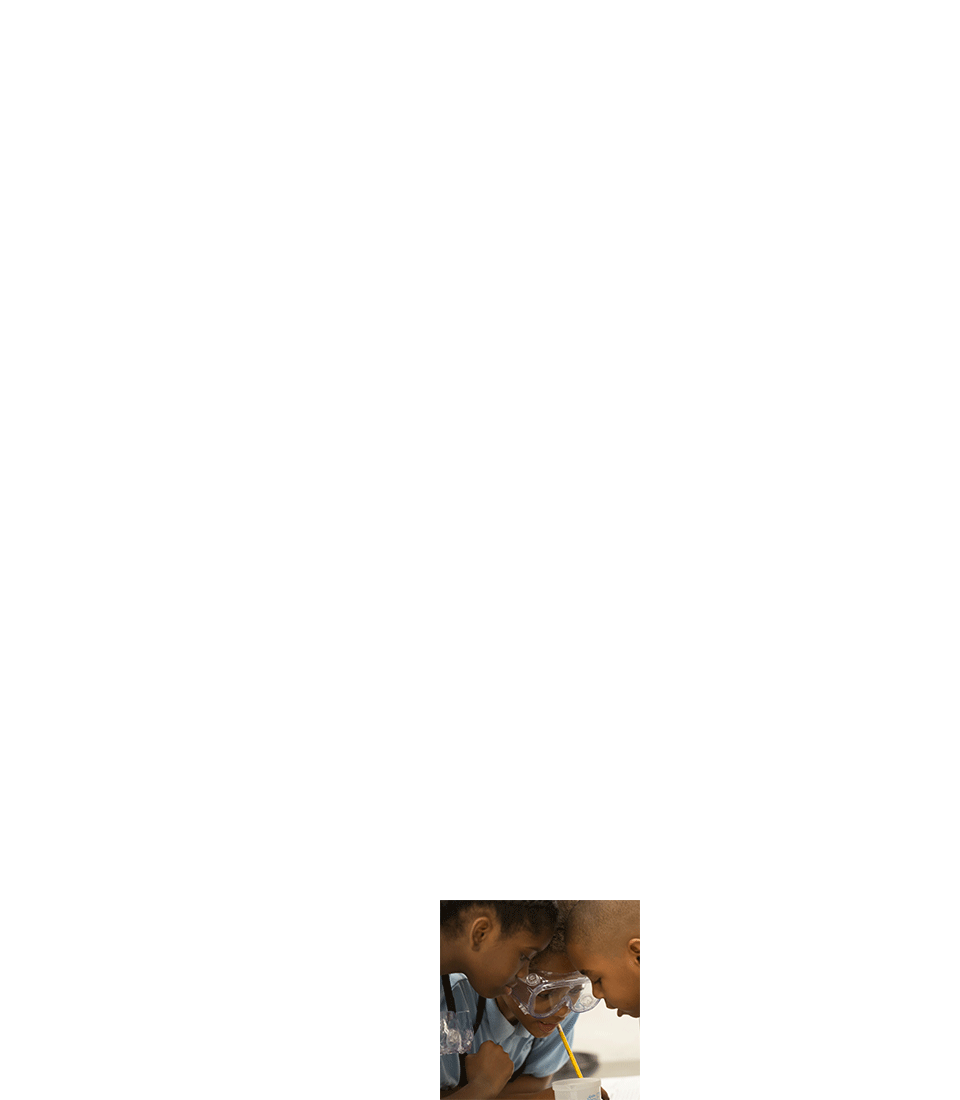
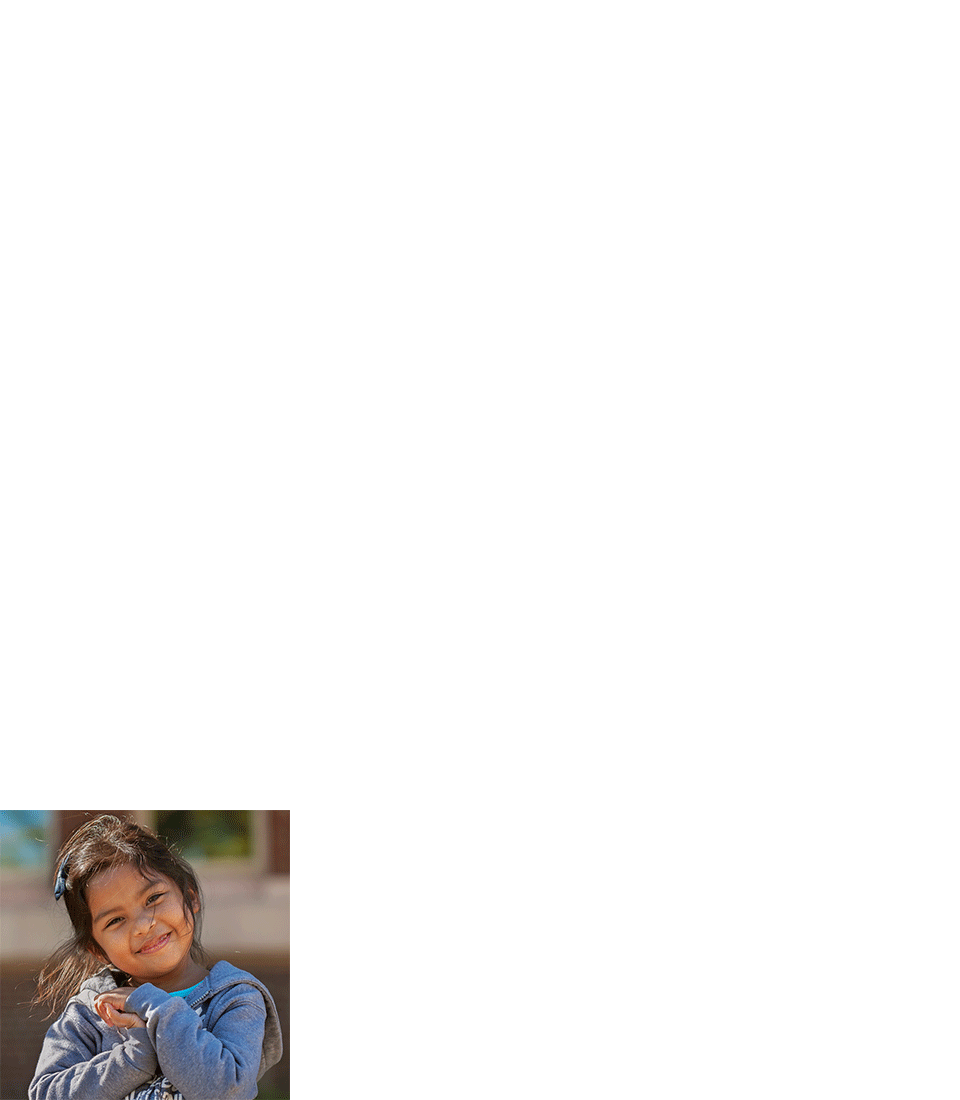
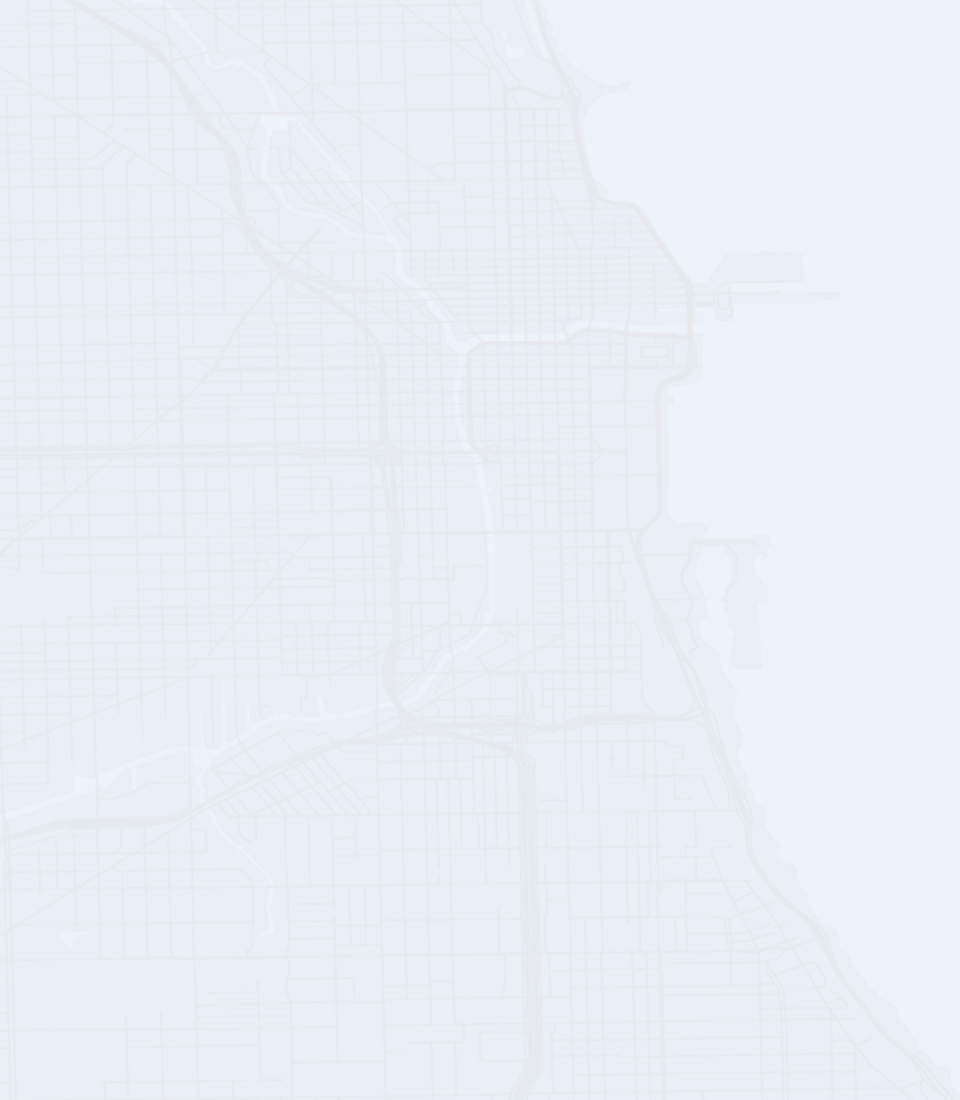
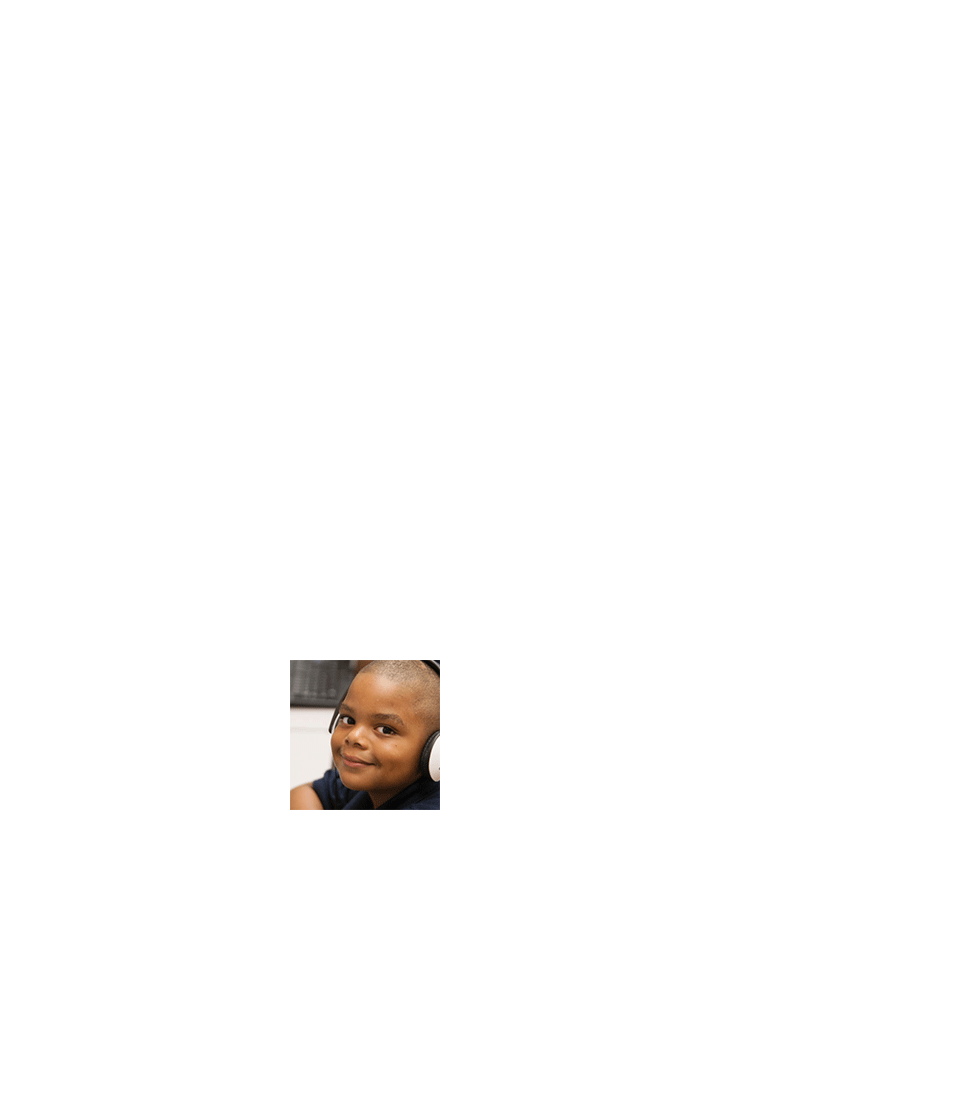



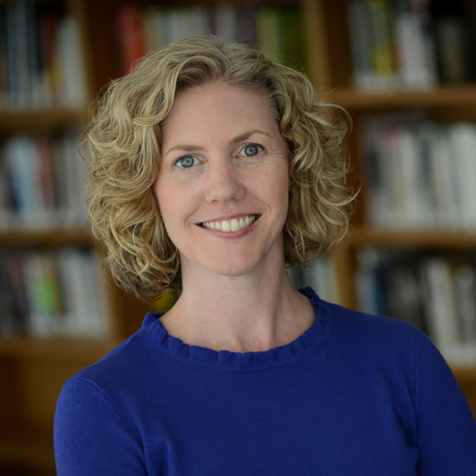
We are inspired by the urgent inventiveness of our portfolio organizations and the resilience of the communities they serve.”
Our impact has never been greater. Our mission has never mattered more.
In 2021, A Better Chicago expanded both its scope and its reach, investing in groundbreaking new programs and serving more young people than ever before. Our portfolio organizations provided crucial supports to more than 45,000 youth throughout the city. This population is concentrated on the South and West Sides — communities most affected by the lasting challenges of Covid-19.
Responding strategically to those needs, we welcomed eight organizations to our portfolio through the Chicago Design Challenge. We identified and elevated innovative local programs that target learning recovery and social and emotional well-being.
We are inspired by the urgent inventiveness of our portfolio organizations and the resilience of the communities they serve. And we are grateful for your continued partnership, which makes these bold investments possible.
Together we can move beyond the setbacks of recent years and build a Chicago where all young people can grow and thrive.
Beth Swanson
CEO

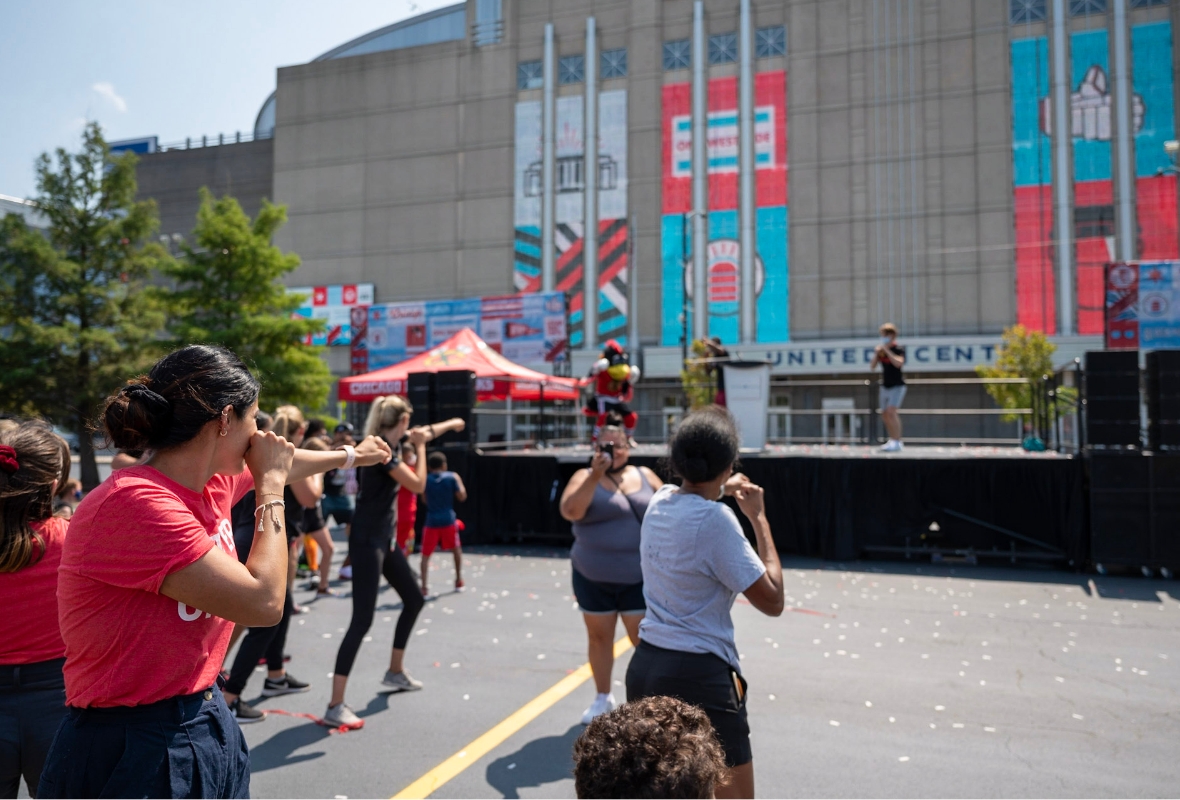





A Better Chicago fights poverty by investing in bold, innovative ideas that provide opportunities for Chicago’s youth. We raise and pool funds, then direct those resources to support youth from low-income, underserved communities. We invest in high-potential, high-impact programs and leaders that serve young people from cradle to career and provide both dollars and strategic support to empower organizations to grow their impact. We know that giving our young people the support and tools they need to thrive – steady access to essential supports, a world-class education, a wage that can sustain a family – can lead to breaking the cycle of poverty for this generation and generations to come.
A Better Chicago is committed to advancing racial equity and ensuring Chicago youth are economically mobile and thriving in education, career, and life. Given this nation’s longstanding history of systemic inequity, we focus our efforts on funding and scaling ideas that expand opportunities for Black and Latinx youth, with particular emphasis on those ideas coming directly from the communities we serve. Read our full statement here.




We strategically invest in organizations via the three funds to maximize our impact of support.

Venture Fund investments are made in organizations that have proven program models, demonstrate strong early results, and are poised to scale in the city of Chicago. Through funding and management support, our partnership is designed to help organizations articulate their long-term vision for impact and begin to scale with model fidelity.

Catalyst Fund investments are made in early-stage, community-embedded programs with promising approaches to serving youth across the South and West sides of Chicago. Through funding and management support, we partner with organizations to support model codification, impact measurement, and with attracting additional dollars to promote sustainability and longevity. With a priority on investing in BIPOC-led organizations, through our Catalyst Fund we have an intentional focus on elevating non-profits historically overlooked by philanthropy.

Growth Fund investments are awarded to well-established organizations with proven impact and aspirations for meaningful scale. Through funding and management support, our partnership is designed to help organizations continue to increase impact through participant growth, program innovation, and ultimately influencing systems.



In tandem with unrestricted funds, we support our portfolio organizations with strategic management support to boost their ability to scale and grow operationally.
invested in management support (to-date)
management support projects in 2021

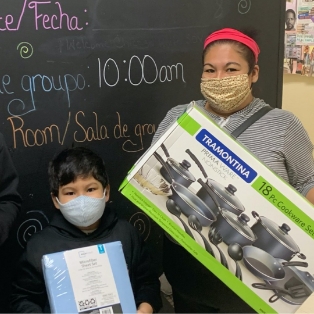
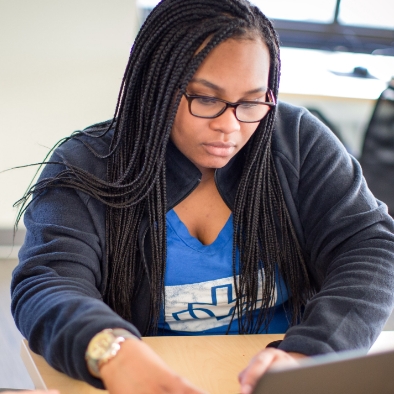



West Side United's Cluster of Care Community Hub (Community Hub) provides students and their families wraparound services and resources within schools. In 2021, Innovare began to assist the Community Hub with identifying, collecting, and visualizing critical data to support methods to improve youth outcomes and community health..

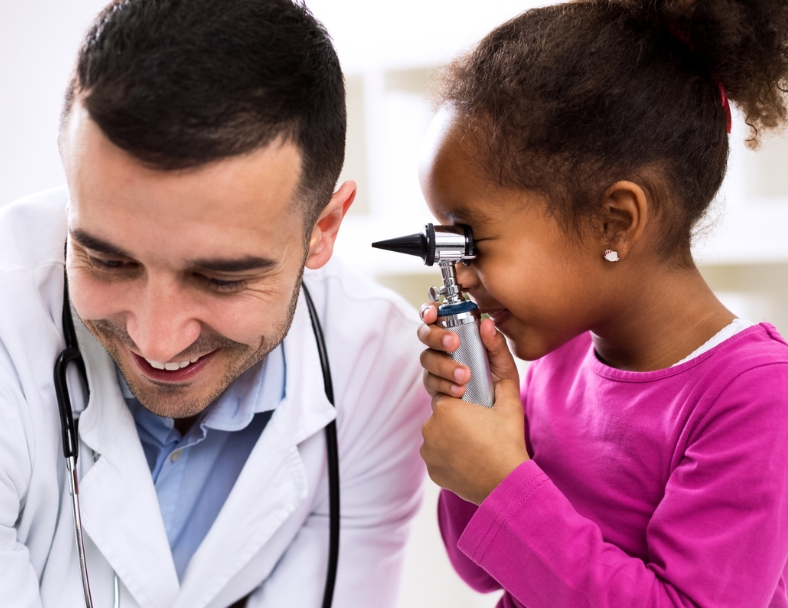

iMentor Chicago worked with DEI consultant Liberated Development to address regional challenges and opportunities to promote a team culture that prioritizes inclusive leadership, robust collaboration, and anti-racism commitments.


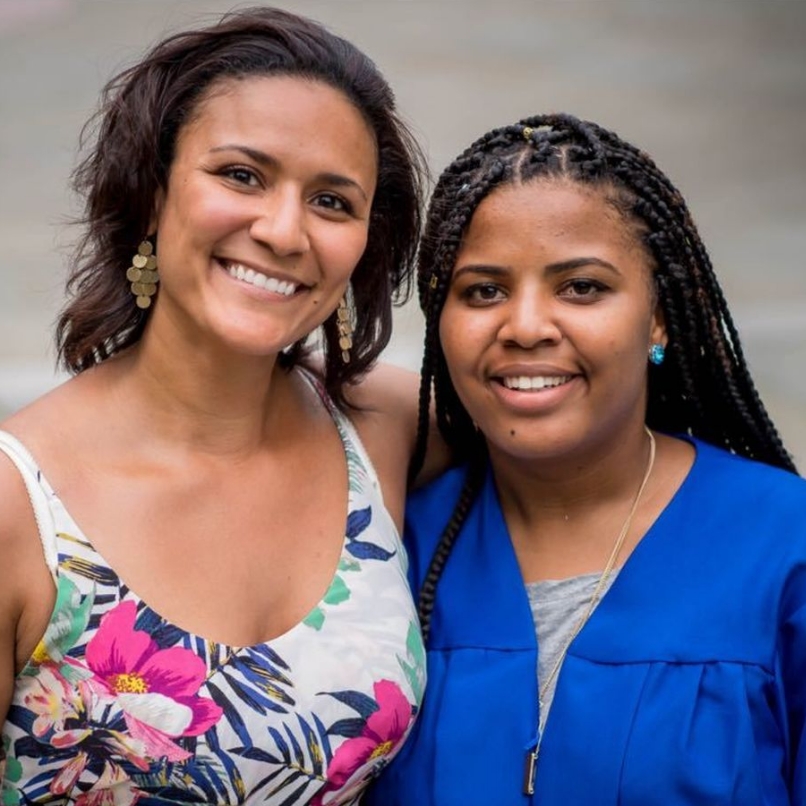


Alternatives Inc. improved its social and emotional learning (SEL) curriculum to incorporate racial equity and developmentally appropriate content into all curriculum for school-aged youth in its SeeIt program. The organization worked with Meridian Metamorphosis, LLC and consultant Richla Davis, LCPC, to design the curriculum and to incorporate DEI and SEL best practices.

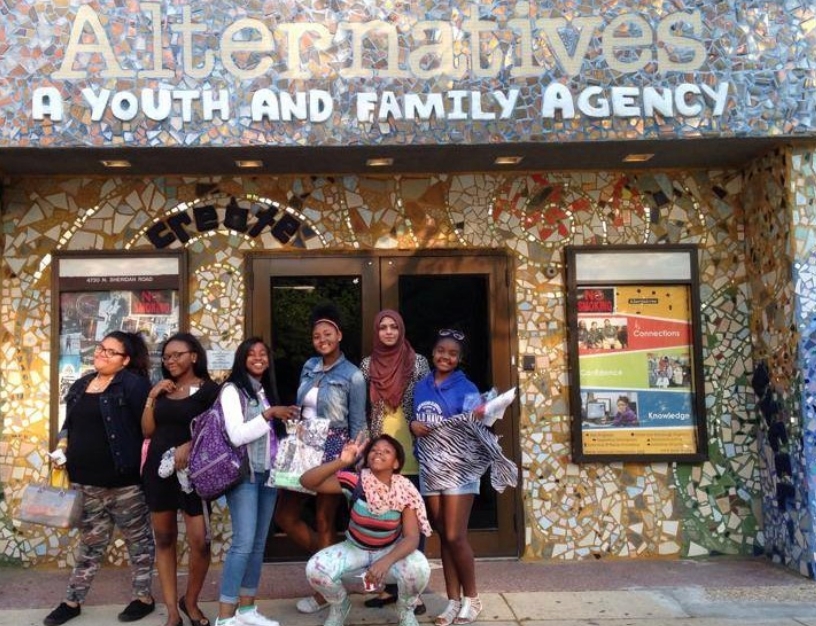

Our portfolio continues to grow and is now compromised of 25 organizations.







In our commitment to data-driven results, we carefully track our portfolio's performance and share results. The benchmark is our estimate of a grantee-specific comparison group. To develop the benchmark, we consider the unique characteristics of students served by the grantee and use publicly available data to estimate what happens to similar students, not in the program.




Across all grades, the percentage of students who are ready for grade-level work has decreased in all schools. However, in schools serving mostly Latino and Black students which historically are located in lower-income neighborhoods, only 20-30 percent of 8th graders are learning on grade level in mathematics and reading compared to the 40 percent of 8th graders in schools serving majority white students1.
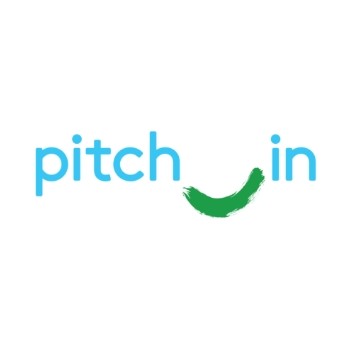
100 percent of Pitch In’s 8th-grade class matriculated to the best fit high school and were academically on track at the end of the school year.
At the district level, 86 percent of 2020–2021 CPS Freshmen were considered OnTrack2. As a program that prepares students to successfully transition to high school, Pitch In’s continued success with matriculation to best fit high schools and freshman on-track rates is encouraging to see. In the 2020-2021 academic year, 100 percent of Pitch In 8th-grade graduates matriculated to best fit high schools, and 100 percent were academically on track at the end of the school year. Paired with serving 134 students, these strong outcomes were consistent with data from the previous year as well.




As a result of those challenges and uncertainties, college enrollment and persistence saw a decline. In Chicago, a little more than 13 percent of the first-year students enrolled in spring 2020 did not return to college in the fall. Black and Latinx students returned at a rate between 77–89 percent compared to 92–94 percent of white students.3
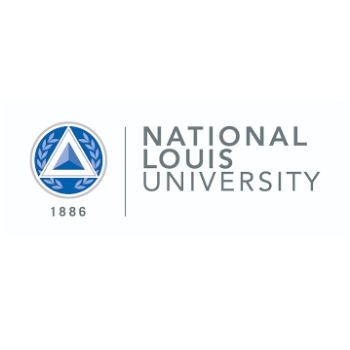
National Louis University offers an innovative approach to addressing the most critical barriers to bachelor’s degree attainment among first-generation college students from low-income backgrounds who are unlikely to attend or succeed in traditional four-year degree programs. Despite the ever-changing environment, in 2021, NLU served 1,477 students and reported that student on-track rates for actively enrolled students were at their highest rates to date. Eighty-One percent of first years, 84 of second years, 84 percent of third years, and 91 percent of fourth years were on-track at the end of the academic year.
Ninety-one percent of National Louis University’s fourth-year students were reported active and on track at the end of the academic year.
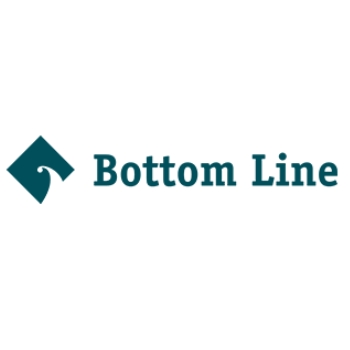
Of the 1,503 students served, 100 percent of Bottom Lines 1,503 students enrolled in two- or four-year colleges, outperforming a 73 percent benchmark. Furthermore, 100 percent of Bottom Lines 1,503 students enrolled in two- or four-year colleges, outperforming a 73 percent benchmark.
One hundred percent of Bottom Line Chicago students enrolled in two- or four-year colleges compared to 72 percent of students with similar backgrounds.
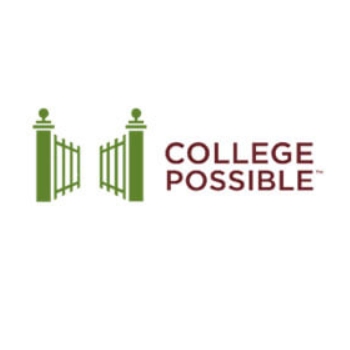
College Possible provides intensive coaching and support to students from low-income backgrounds to help them get into and graduate from college. Their support continues beyond high school by providing college transition coaching and intensive support for students through college graduation. In 2021, Chicago Possible continued to significantly outperform the benchmark of college persistence of high school graduates while serving 1,085 students. College Possible’s college persistence of high school graduates stood at 76 percent compared to a benchmark of 43 percent. Furthermore, despite national declines in college enrollment, College Possible students enrolled in college at a rate of 85 percent, 26 percentage points above benchmark.
Eighty-five percent of College Possible students enrolled in college—26 percentage points above benchmark.




This development will decrease the job opportunities available for people with no degrees and increase opportunities for those with associate degrees.
For every 100 CPS 9th graders:
83 will graduate from high school on time
48 will enroll in a full time 2- or 4-year degree program
30 are still enrolled a year later
22 will graduate with an associate’s degree within 3 years or a bachelor’s degree within 6 years
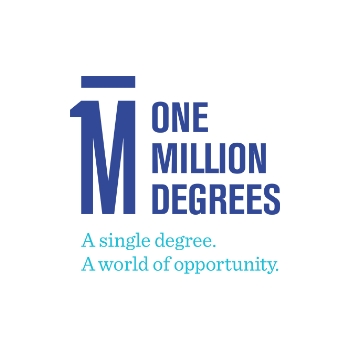
One Million Degrees (OMD) empowers highly motivated community college students from low-income backgrounds to succeed in school, work, and life by providing academic, professional, personal, and financial supports. Forty-seven percent of OMD two-year college enrollees obtained their associate degree or certificate, beating a 22 percent benchmark. A steady attainment rate over the course of the pandemic is an impressive demonstration of the program’s resilience despite adversity.
Forty-seven percent of OMD two-year college enrollees obtained their associate degree or certificate, beating a 22 percent benchmark.




In 2021 Black teens experienced the highest increase of unemployment from 9.3 percent in June to 13.3 percent in July6. Almost 30 percent of Black young adults reported that they were not working due to COVID-19 for reasons including loss of employment or inability to work due to illness7. With joblessness and poverty more concentrated in certain areas, it is even more critical that youth are connected to positive pathways to prevent them from being susceptible to survival through illegal means.
Ages 16–19
White
Black
Latinx
Ages 20+
White
Black
Latinx
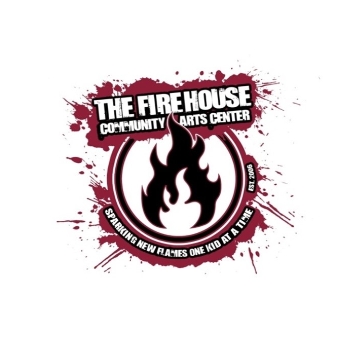
The Firehouse Community Arts Center interrupts the cycle of violence by youth and young adults in North Lawndale by connecting young men to educational opportunities and offering support for employment attainment. The six-month VIP program acts as a safe space for participants to work toward their life mission, build character, and gain job skills. In 2021, 80 percent of its 15 participants advanced their school and career goals.
Eighty percent of Firehouse participants advanced their career goals.

Learn more about each organization here.







We partnered with WTTW to explore intergenerational poverty in the Living in Poverty docuseries. This multi-platform initiative included reported stories, expert talks, and community discussions focusing on the firsthand perspectives of people facing critical issues in Chicago.
We launched the Chicago Design Challenge to identify and invest in our city’s most promising solutions and innovations to accelerate learning recovery and promote well-being in communities disproportionately affected by the pandemic. The design challenge was a collaborative effort in partnership with The Chicago Public Education Fund, University of Chicago Education Lab, Chicago Public Schools, and the City of Chicago.
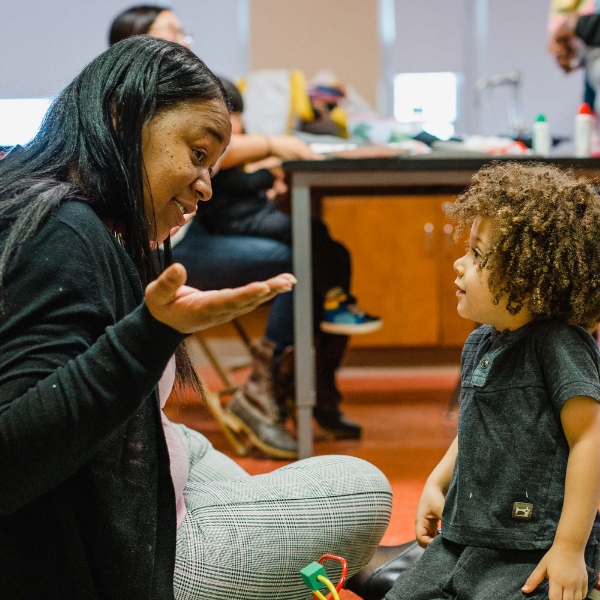
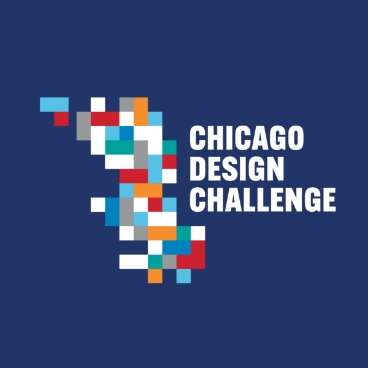
Our CEO Beth Swanson offered her reflections on moving forward one year into the pandemic in her Crain's Chicago Business op-ed article, Now is the Time to Reimagine Learning.
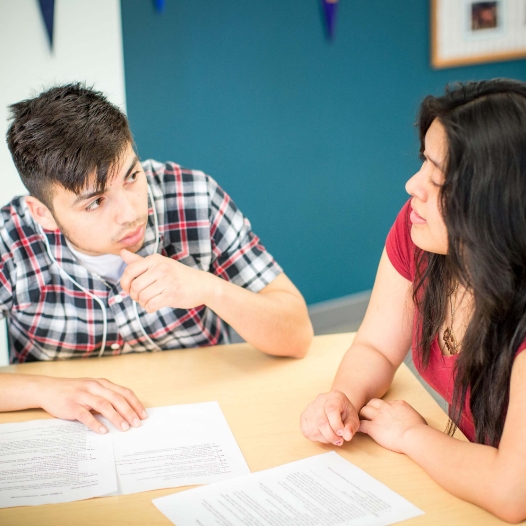
The Mapping COVID-19 Recovery Project is a collaborative effort that standardized data through a series of maps to illustrate where public, private, and philanthropic sector investments are going in communities of color devastated by the pandemic. The goal is to guide recovery through strategic reinvestments, eliminate historic funding gaps, and rebuild stronger communities.
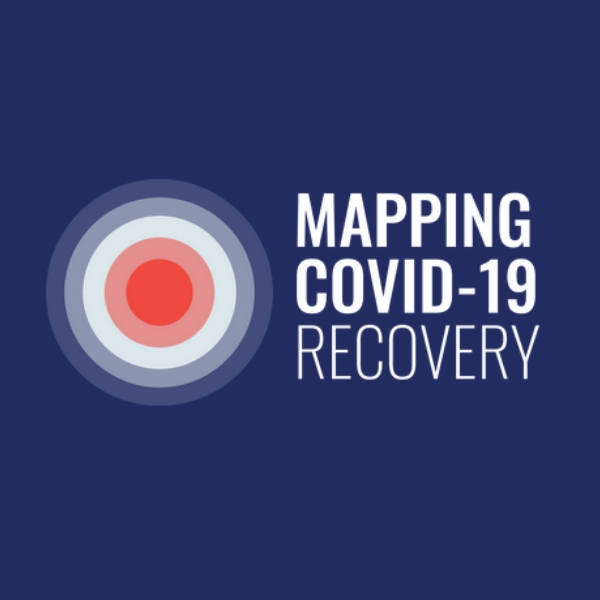
Former Chicago Public Schools CEO Dr. Janice Jackson joined Beth to discuss Dr. Jackson’s legacy as an education leader and advocate in our city. The two reflected on the opportunities for sectors to collaborate to serve our youth in holistic, impactful ways.
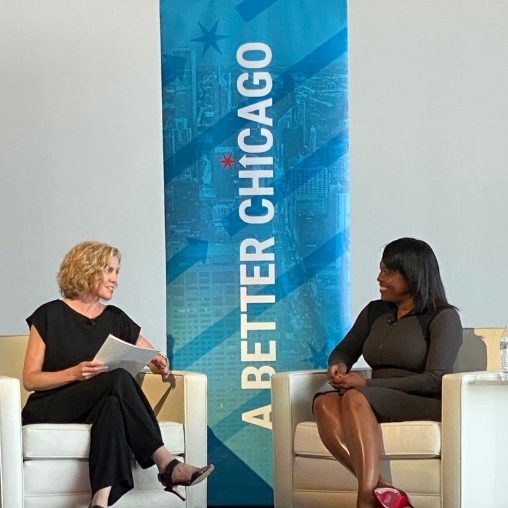
Beth Swanson presented alongside Arne Duncan and our grantee KIPP Chicago at the ASU + GSV Summit to discuss how we can better support the educational achievement and economic success of Black and Latinx students nationwide.
We celebrated the first year of One West Side, a multi-year, multi-million-dollar commitment with the Chicago Blackhawks Foundation to invest in Chicago’s West Side. This powerful partnership pairs the platform of professional sports with A Better Chicago’s philanthropic expertise and management resources to support local organizations and leaders. One West Side gained immense support from the Chicago community, including United Airlines, who joined the collaborative, bringing additional strategic and pro bono support to our portfolio organizations.
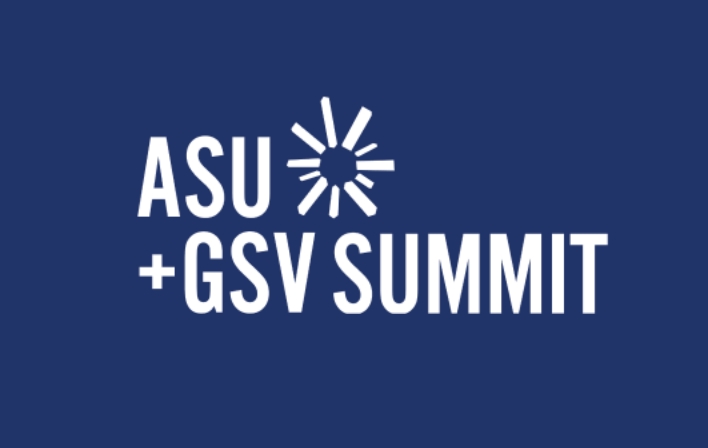
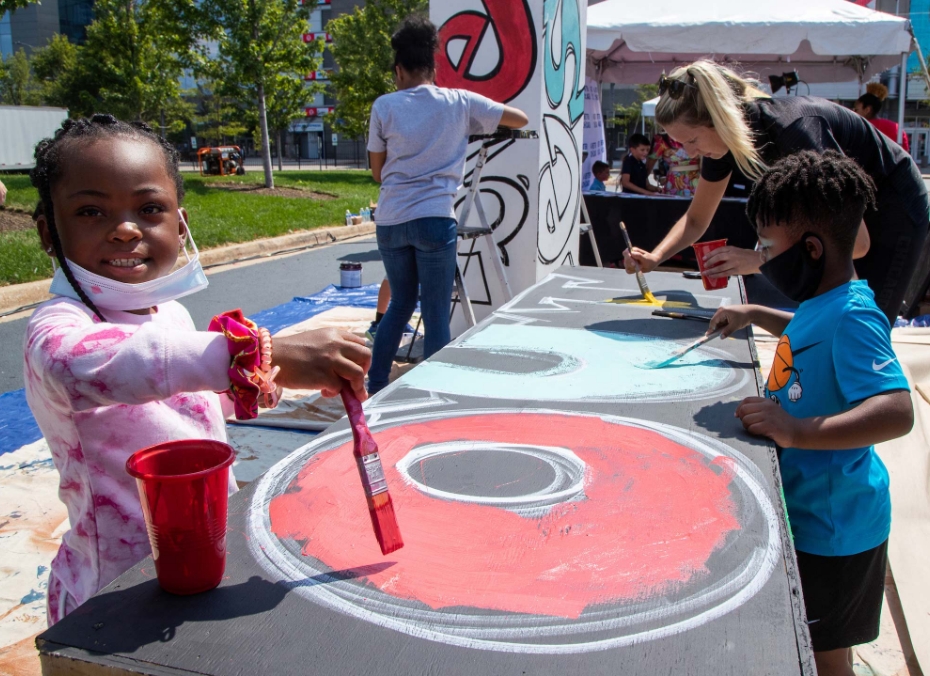
After awarding planning grants during the summer of 2021 through our Chicago Design Challenge, we invested $7M in local organizations to support holistic programs that will aid Chicago youth in learning acceleration and improving mental health.
We hosted two-panel discussions featuring grantees identified through the Chicago Design Challenge and industry experts. These engaging conversations focused on bold approaches to learning acceleration and mental health that ensure students of all ages have the necessary support to thrive in school and their careers.
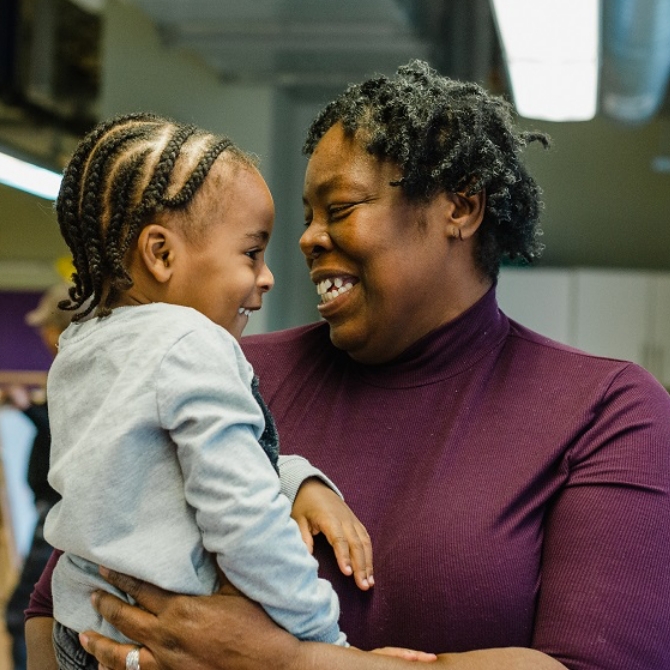
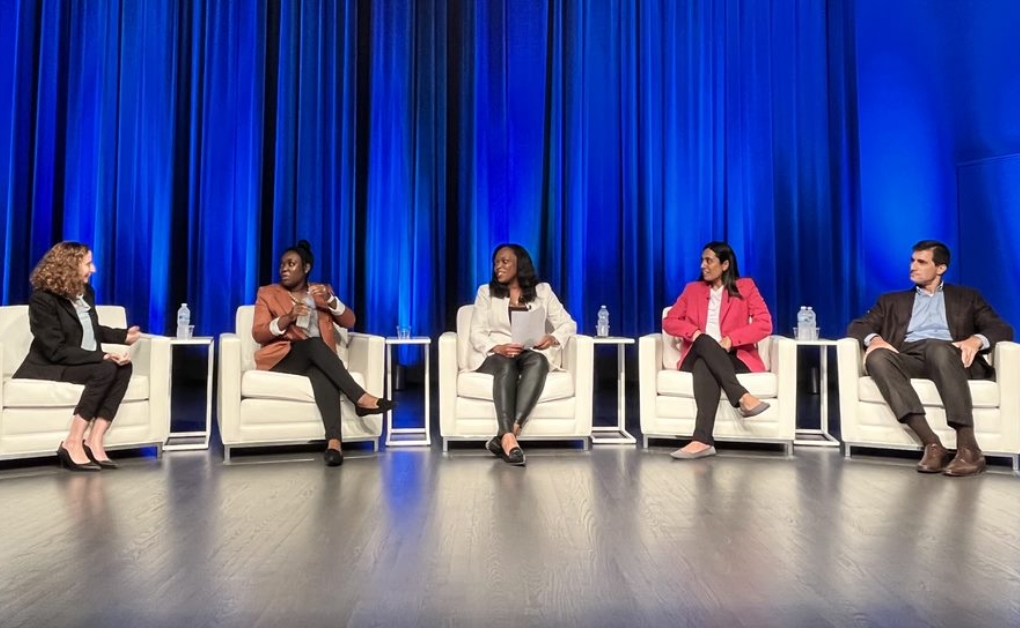


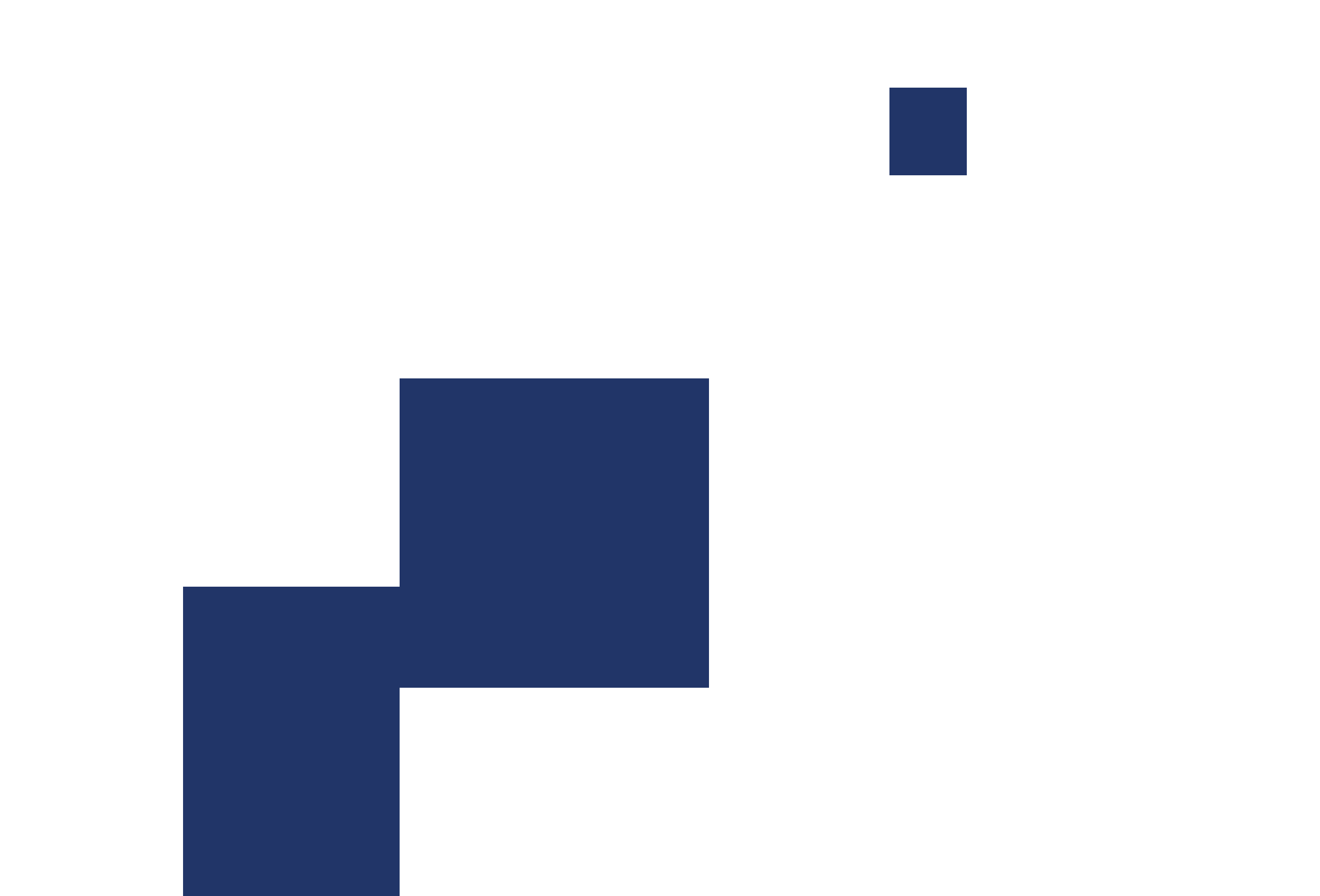


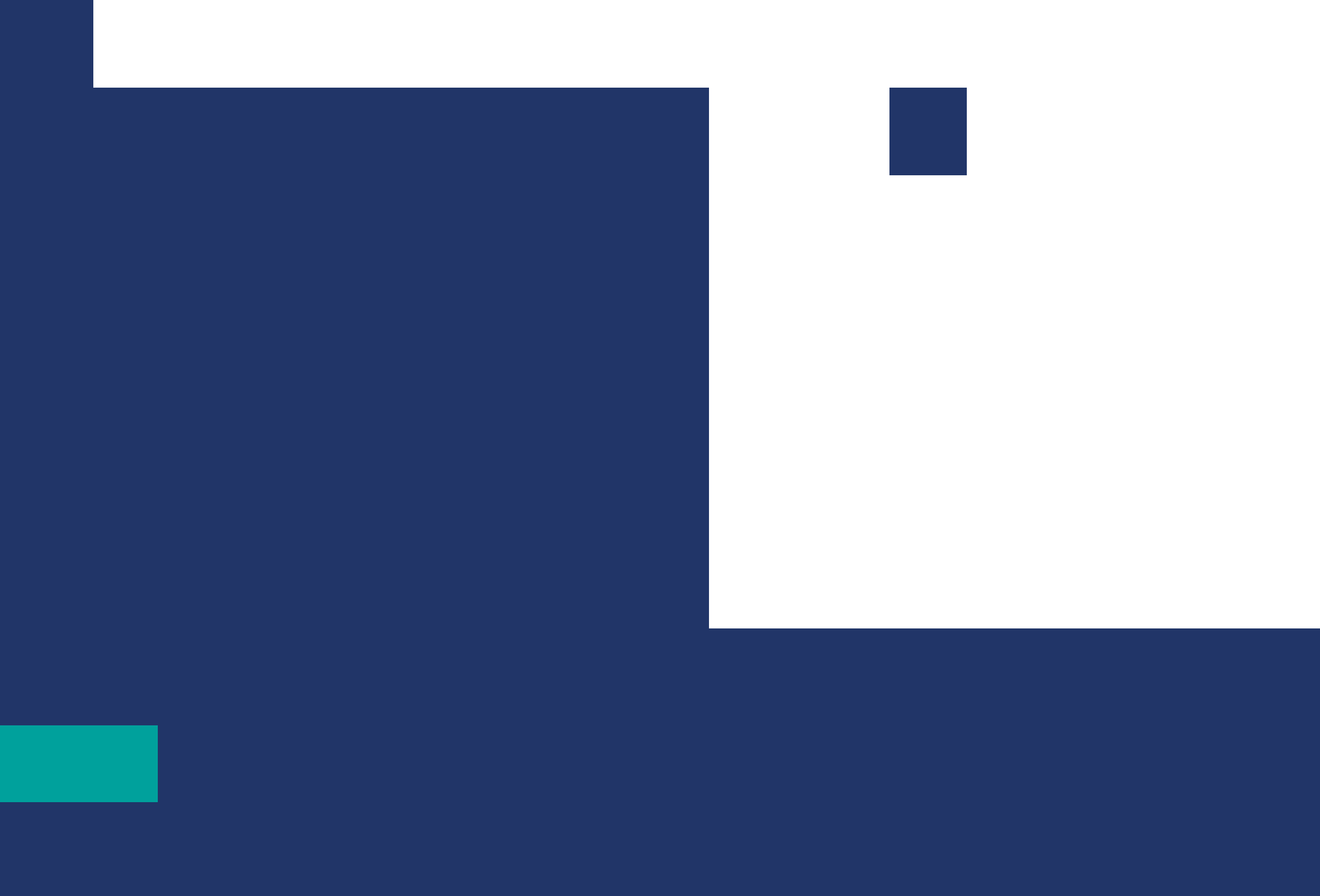
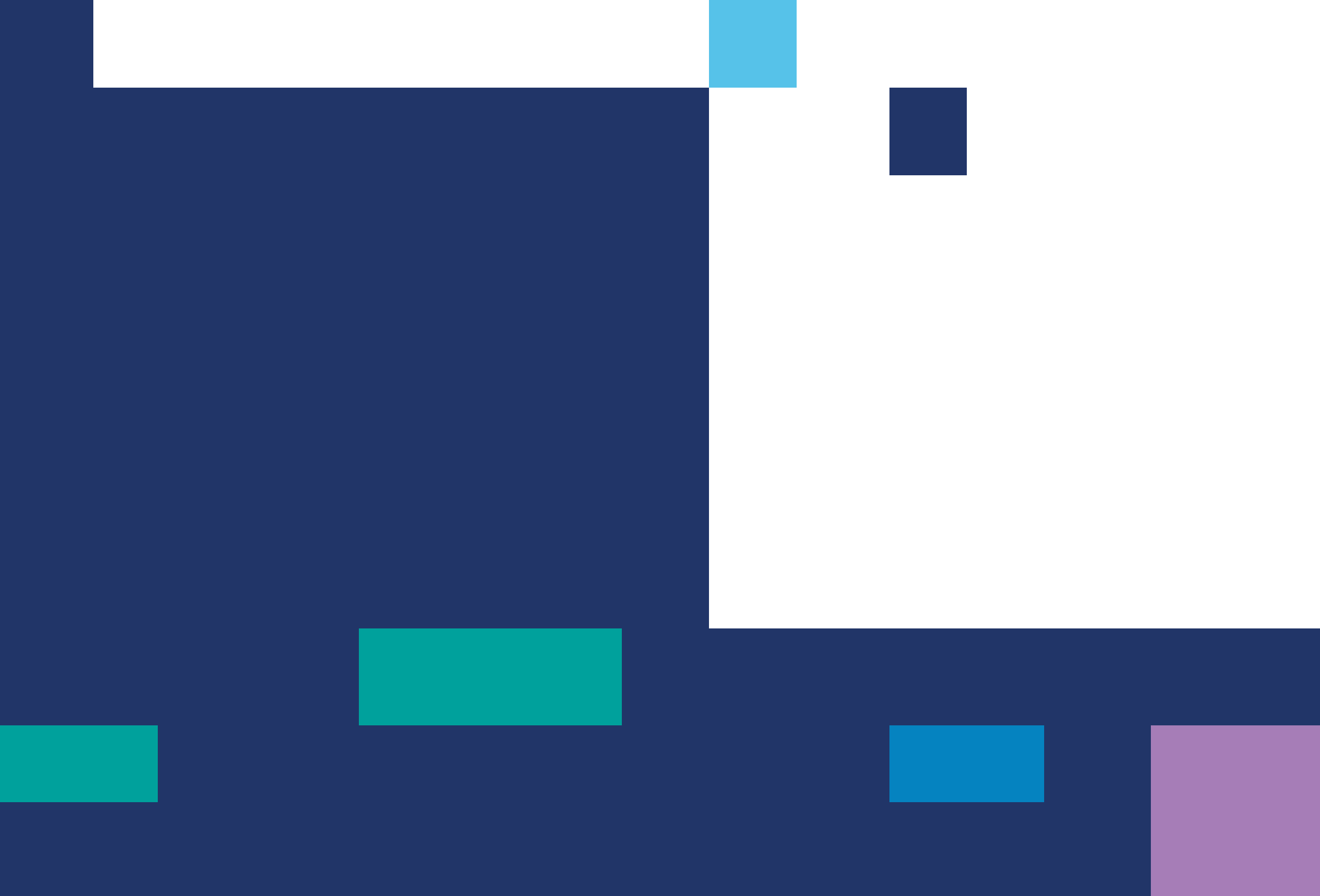
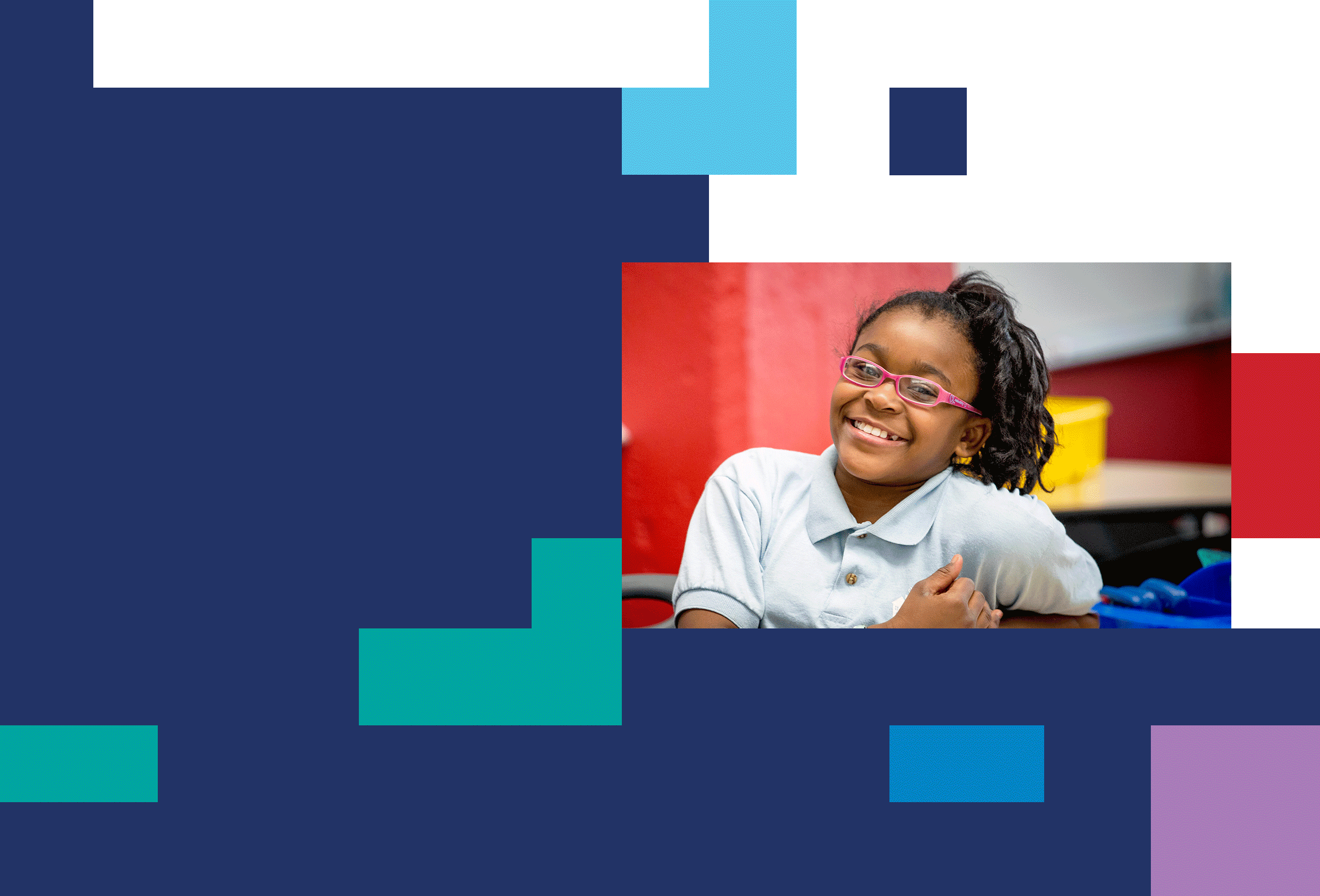
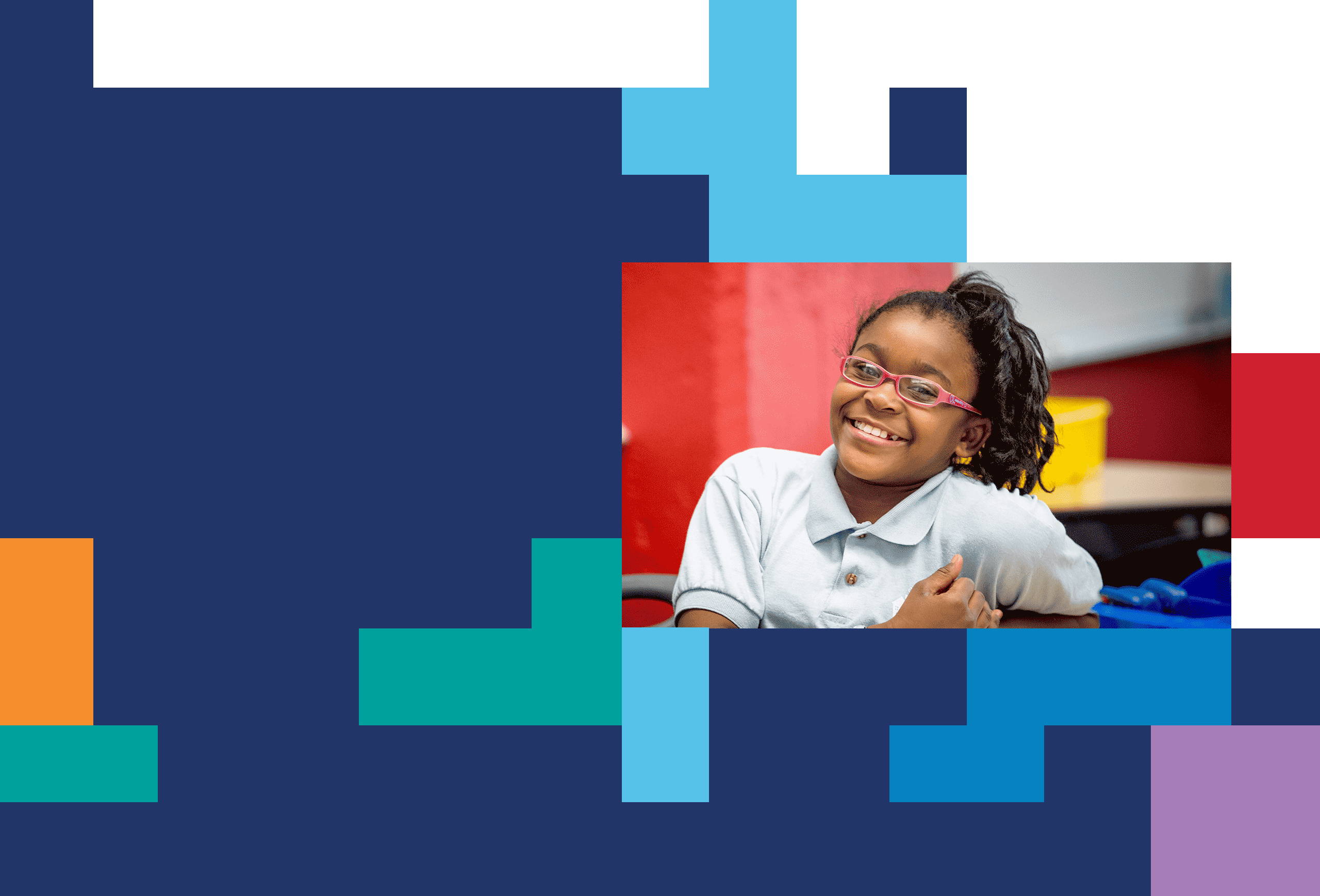
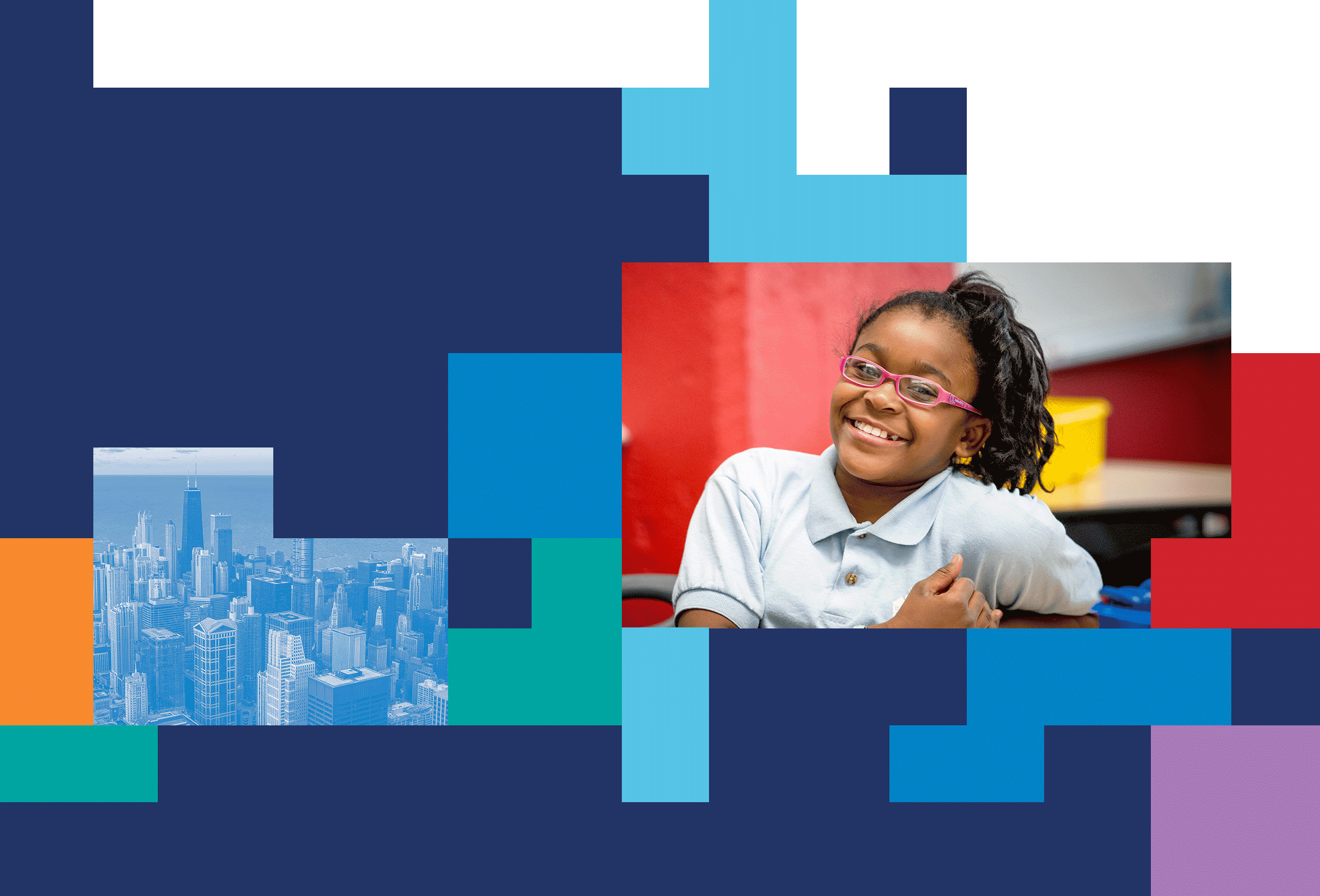
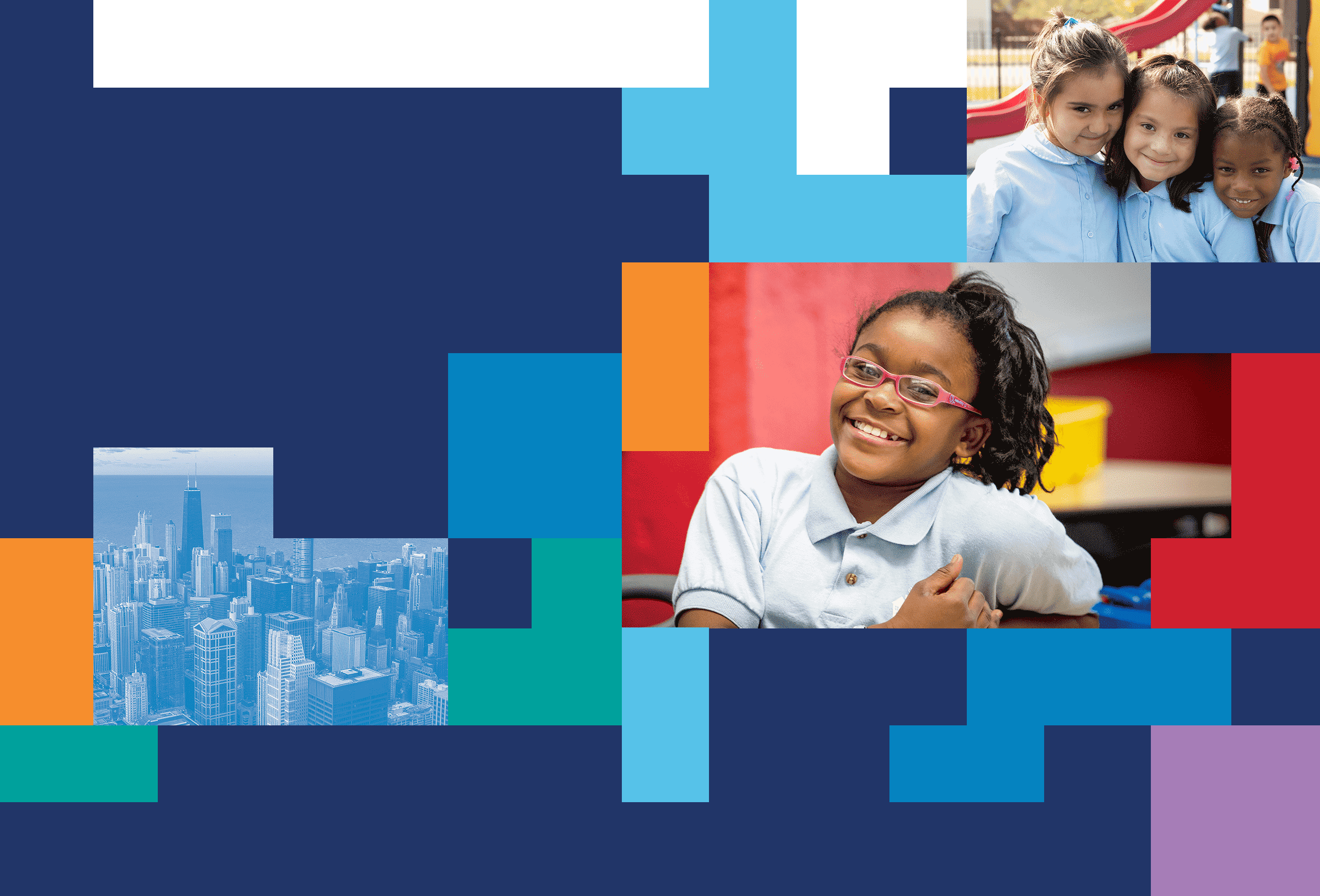
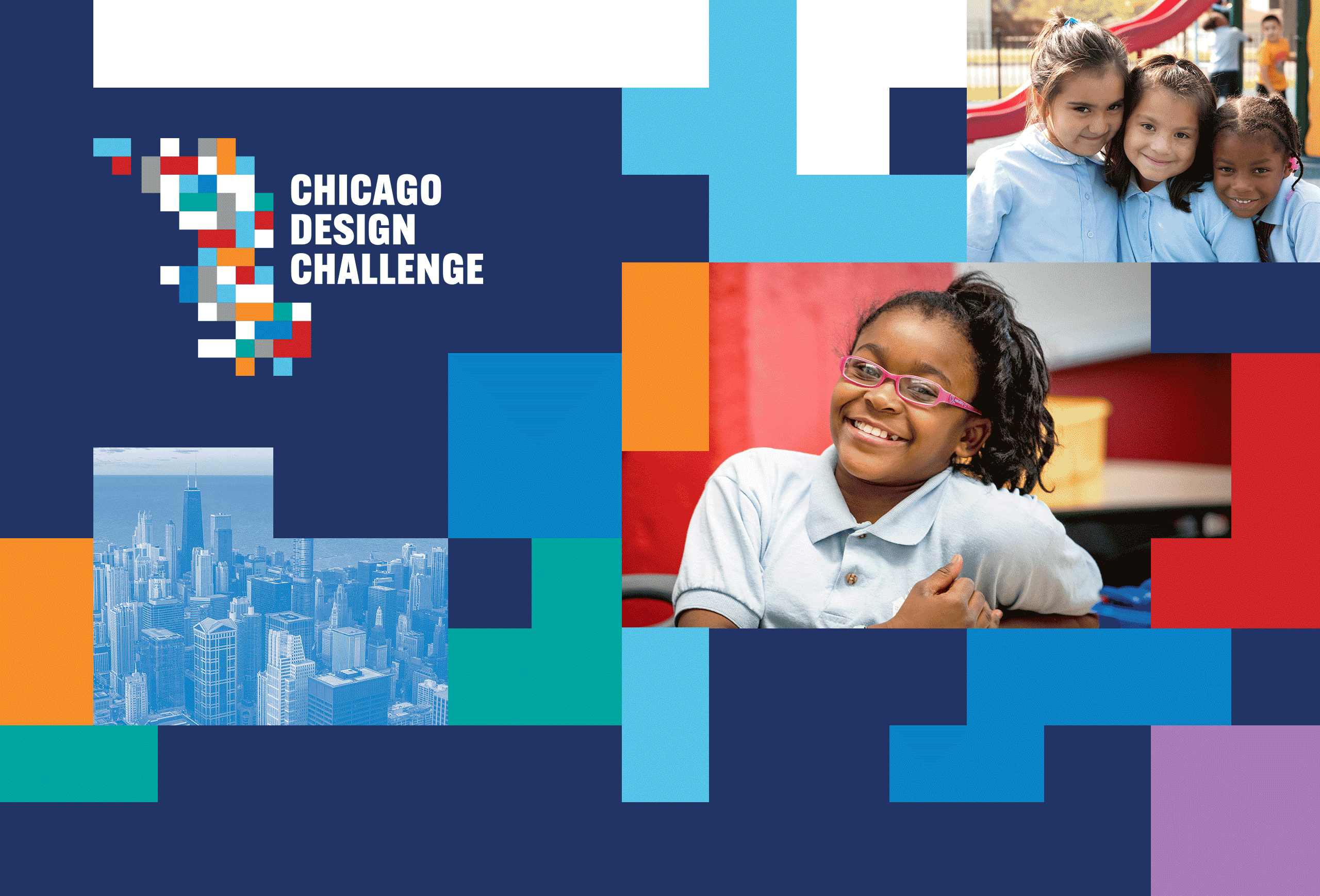





In 2020, low-income and BIPOC students were expected to experience 150–200 percent more learning loss compared to white peers.
At the start of the fourth academic quarter, 37 percent of homeless high schoolers were absent from remote and in-person learning
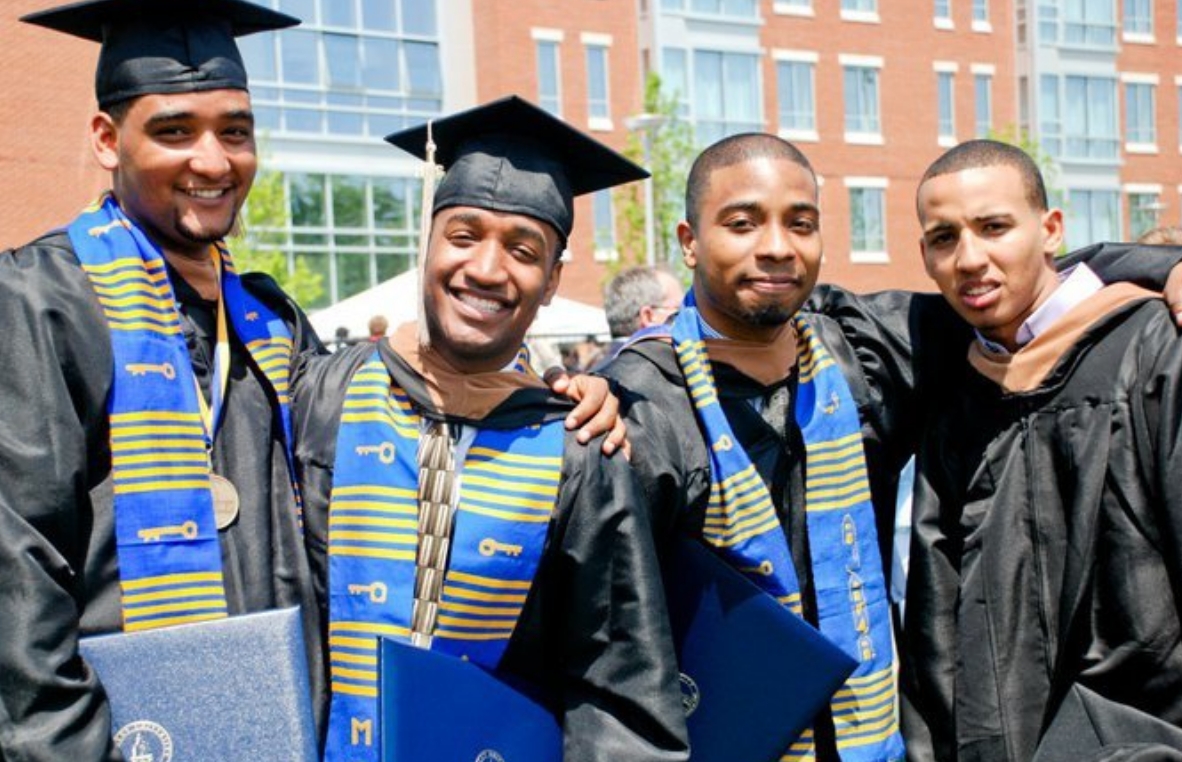
In Chicago, nearly 50 percent of all young people have experienced an increase in at least one mental health symptom during the pandemic
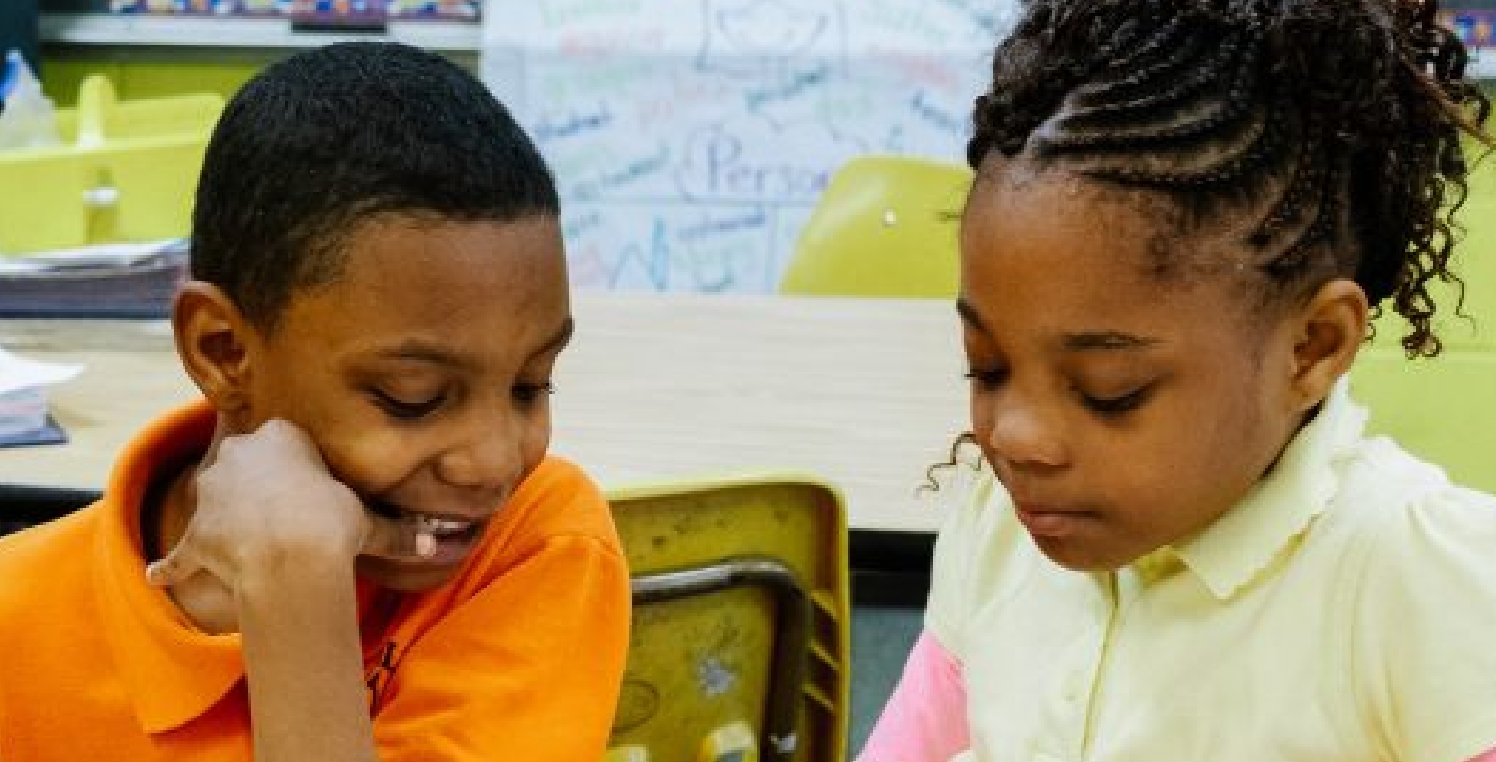



The Chicago Design Challenge Grantees and the areas they serve
Map Color Key

Organization’s
headquarters

Areas
impacted








Alternatives, Inc (Alternatives) launched the Systemic Evaluation, Enhancement, and Institutional Training (SEEIT) program, which offers mental health-focused screening and resources to students and schools, including therapy services for youth and SEL-focused training for staff.
JPA’s (Juvenile Protective Association) Connect 2 Kids (C2K) offers an SEL and mental health approach that helps enhance educators’ relationship-building skills and their ability to meaningfully support children exhibiting behaviors that are often due to trauma and other adversities.
Roosevelt University’s Metropolitan Chicago Tutoring Corp (MCTC) aims to provide high dosage tutoring to elementary school students while bolstering Chicago’s teacher and school leader candidate pipelines.
VOCEL provides direct service programming for children aged 0-5 and trained and supported early childhood educators, school leaders, childcare providers, parents, and caregivers. VOCEL has expertise in adult cohort-based programming and is leveraging this to implement a new fellowship program designed to equip educators with the tools and competence required to accelerate post-COVID learning recovery in their students.
Leading Educators partners with districts across the country to eradicate racial inequities by transforming teaching, leadership, and conditions at scale. Leading Educators supports educators at all levels in four complementary domains that promote equitable learning opportunities for students: Learning Conditions, Equity, Content in Math and ELA, and Leadership.
Chicago HOPES for Kids provides educational, enrichment, and mentoring support for children living in Chicago’s homeless shelters. Chicago HOPES has a successful track record and long history of supporting youth experiencing homelessness – a particularly vulnerable, difficult-to-engage population with unique needs.
Lion’s Pride Mentoring, Inc uses a peer-to-peer mentorship model to foster empowerment in high school students. The program pairs ninth graders with high-performing upperclassmen to support the holistic success and well-being of both students.
LEAP Innovations’ Next Generation Learning Model features the LEAP Learner Hub. The technology platform holds both individualized student profiles and a curated marketplace of program providers across four categories: tutoring, mentoring skill-building, and enrichment. Together, the Next Generation Learning Model supports educators in holistically understanding individual students, and their needs, and resources.





This conversation explores how both longstanding and emerging programs are innovating to ensure students of all ages have the necessary support to thrive in school and their careers.

This moderated discussion focuses on how innovative programs and initiatives are working to holistically support young people–from early learners to career–as they navigate their new normal.








Early-stage, community-embedded programs with promising approaches to serving youth across the South and West sides of Chicago.
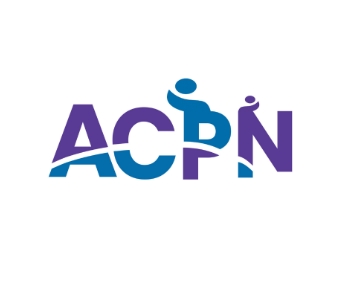
Austin Childcare Providers Network
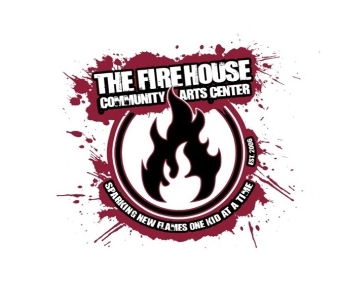
Firehouse Community Arts Center
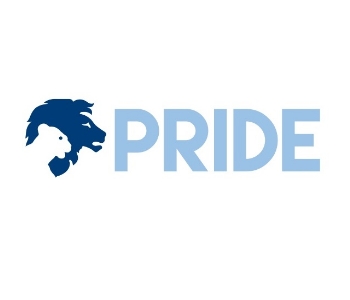
Lion’s Pride
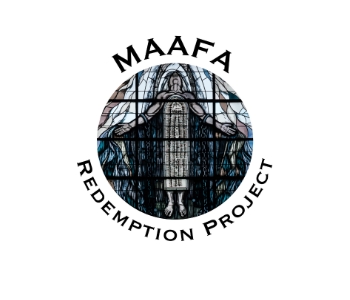
MAAFA Redemption Project
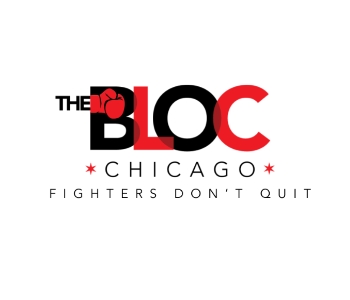
The Bloc
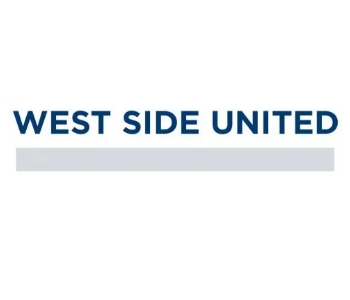
West Side United
Organizations that have proven program models, demonstrate strong early results, and are poised to scale in the city of Chicago
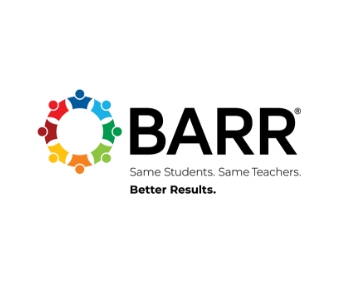
BARR Center
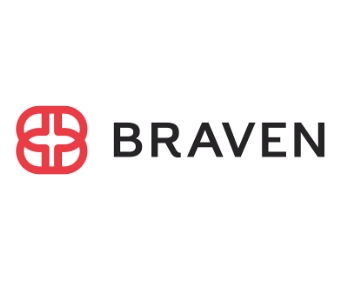
Braven
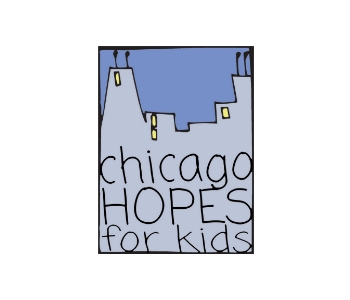
Chicago HOPES for Kids
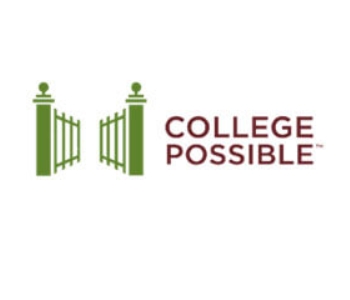
College Possible Chicago
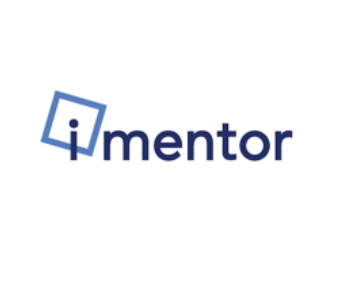
iMentor Chicago
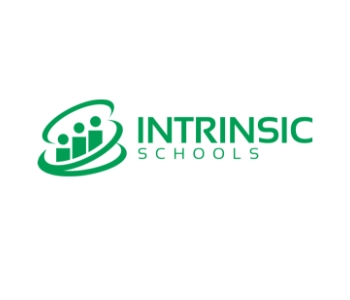
Intrinsic Schools
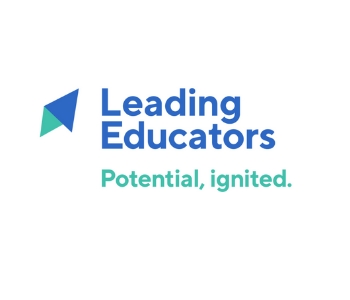
Leading Educators
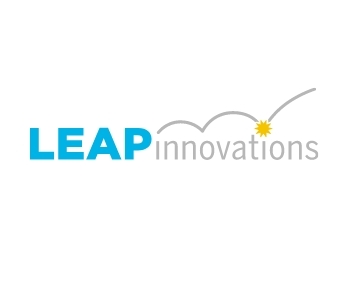
LEAP Innovations
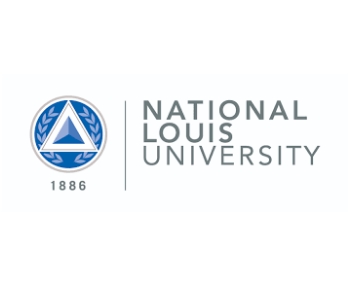
Pathways at NLU
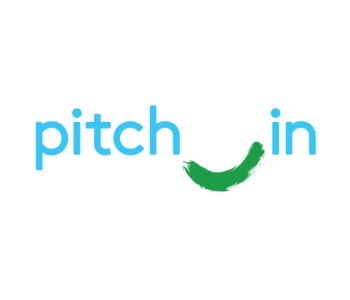
Pitch In
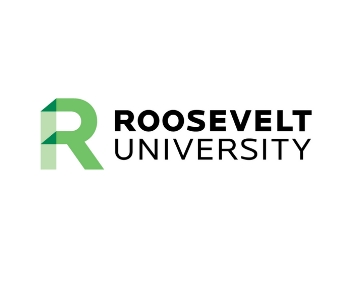
Roosevelt University
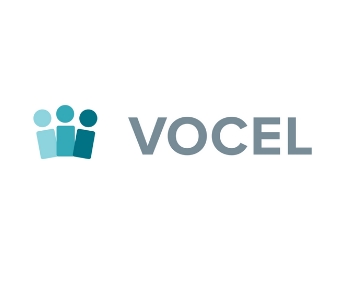
VOCEL
Well-established organizations with proven impact and aspirations for meaningful scale.




